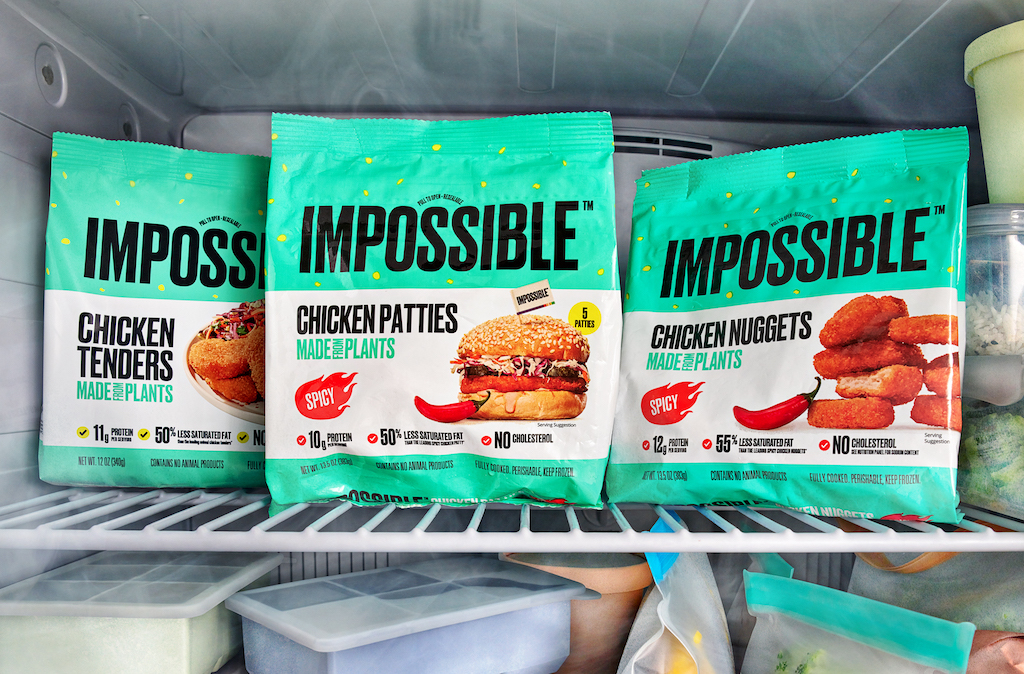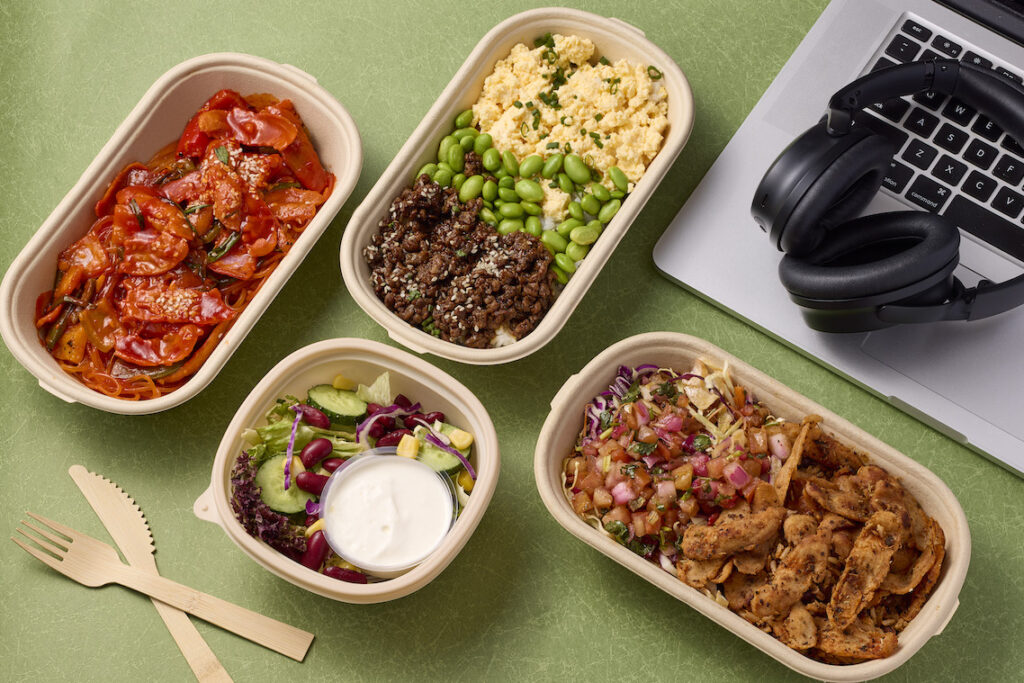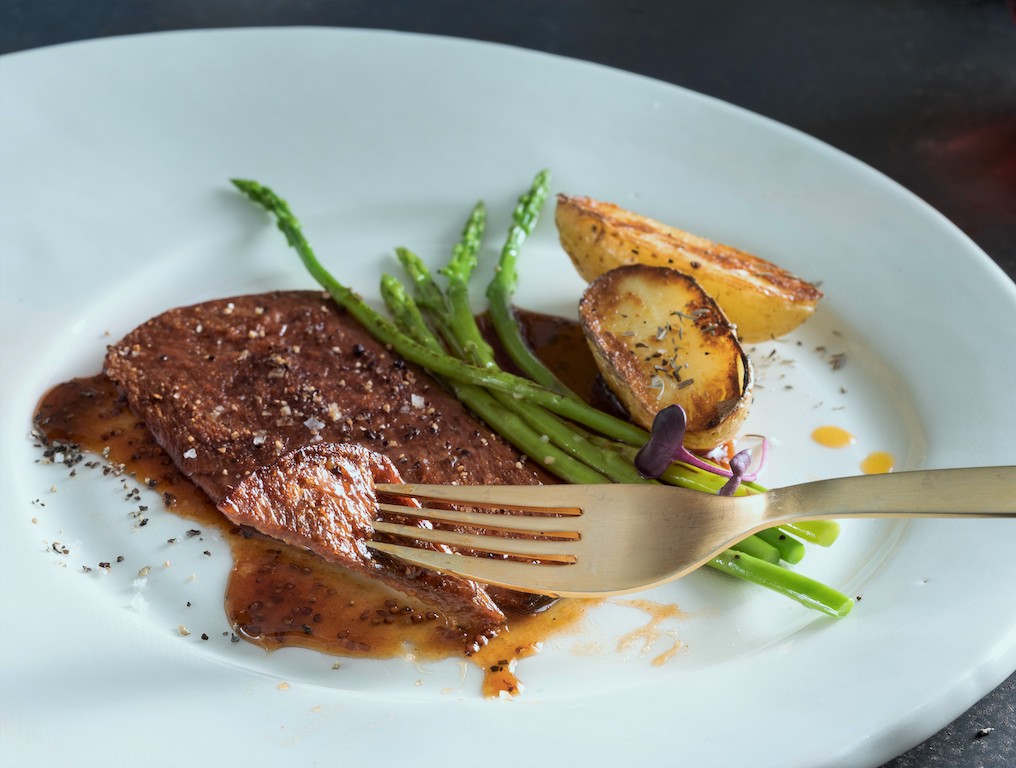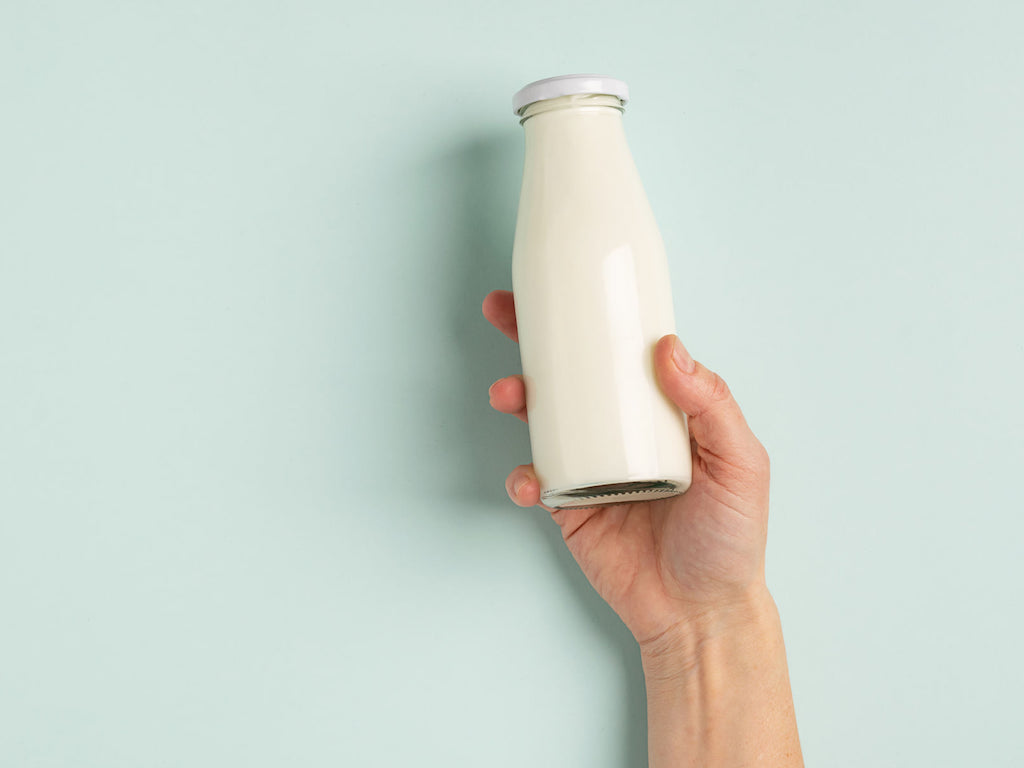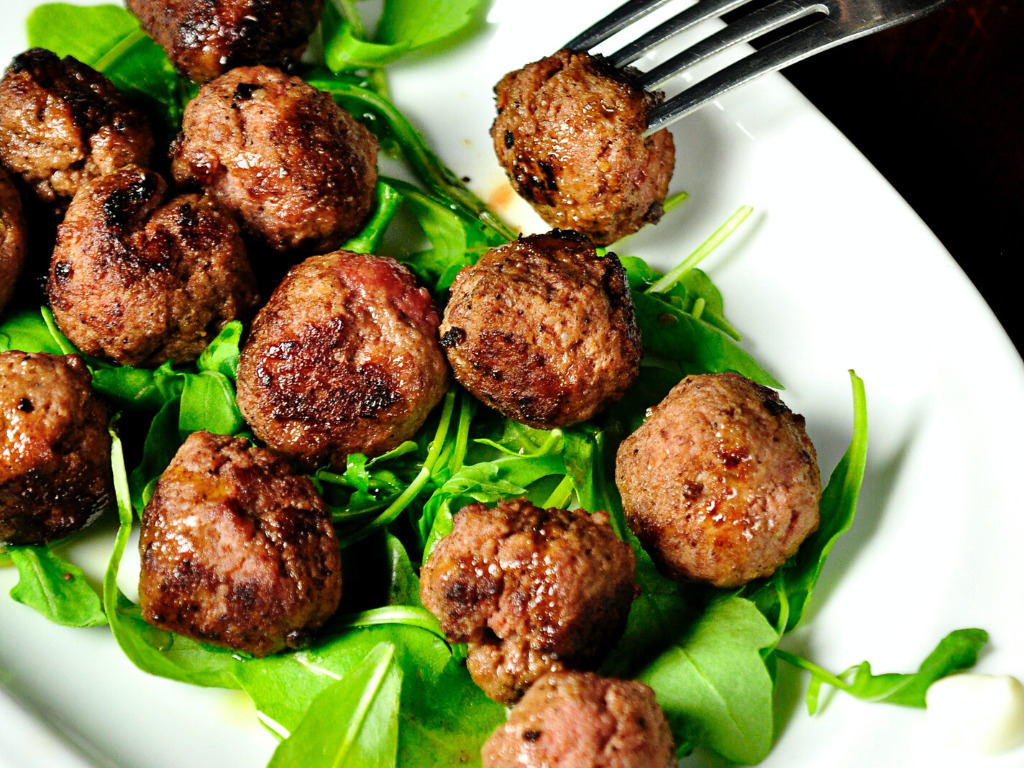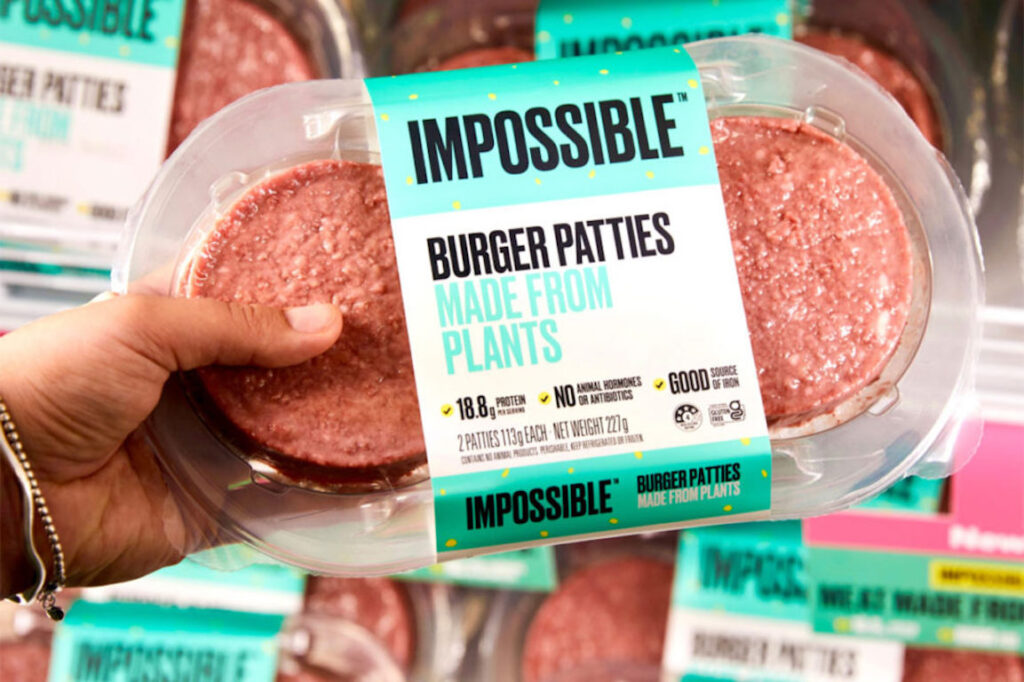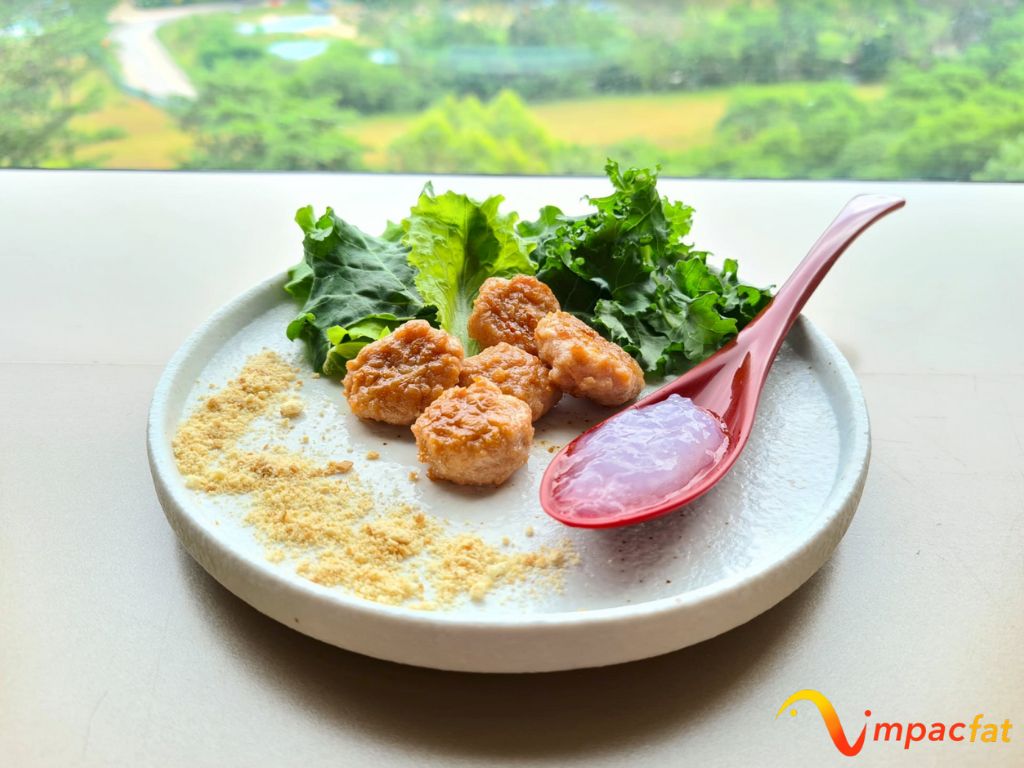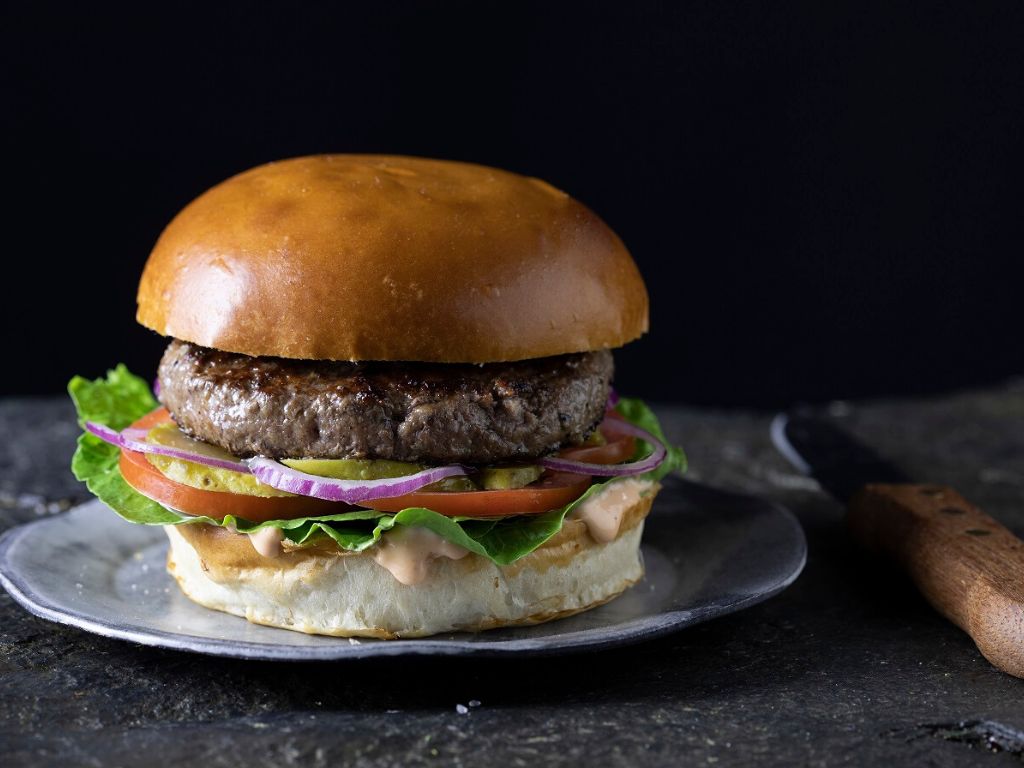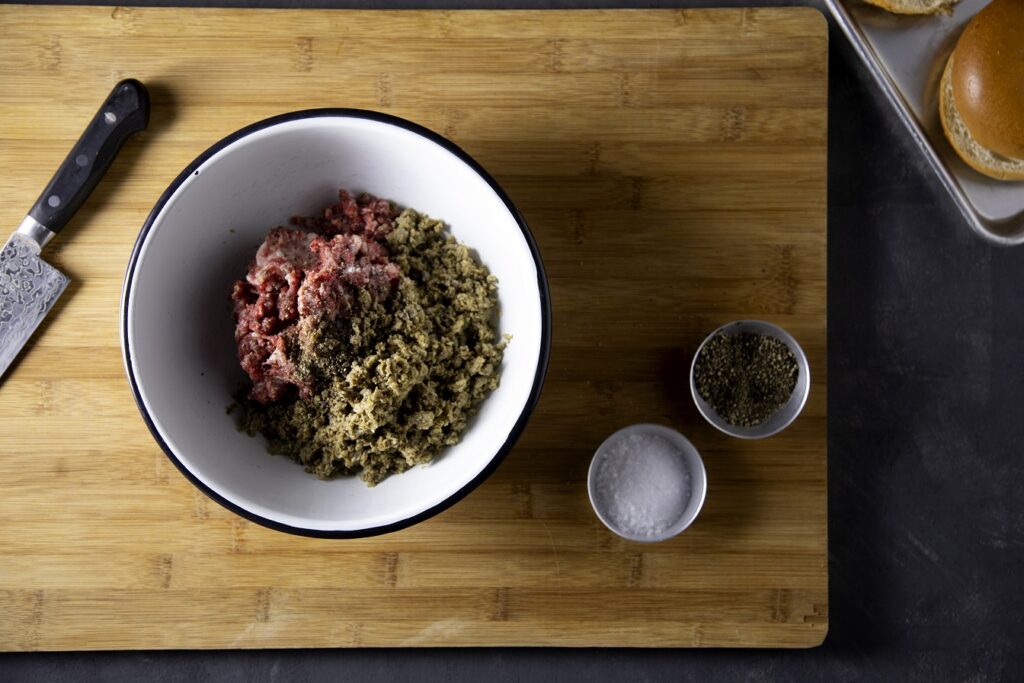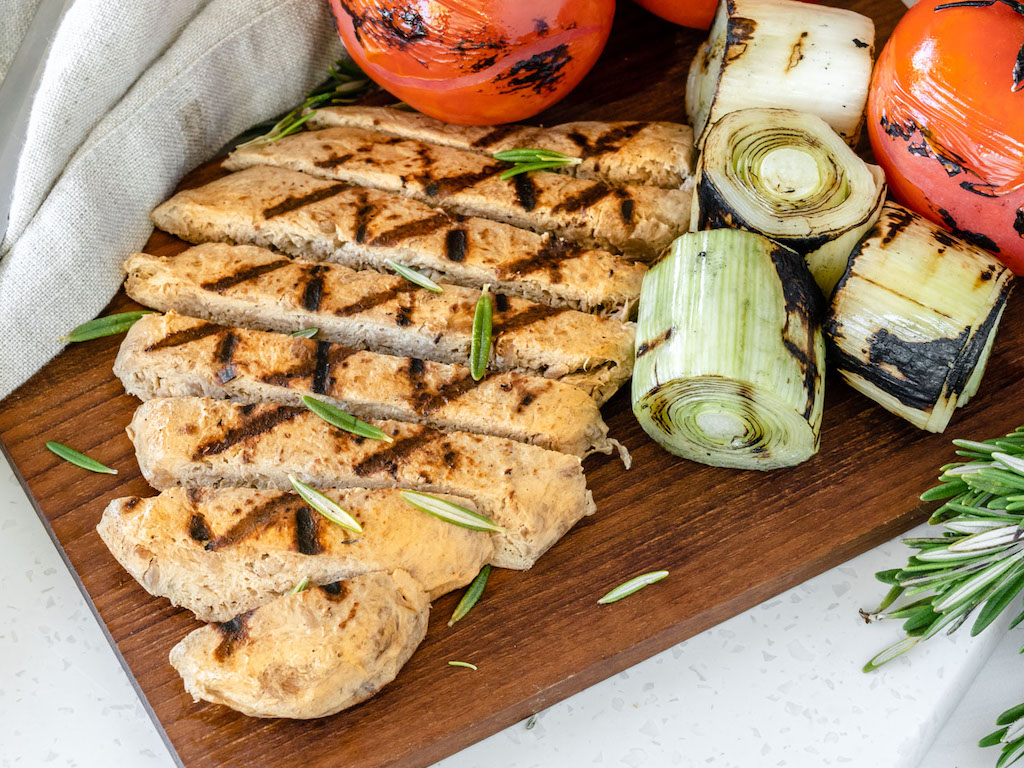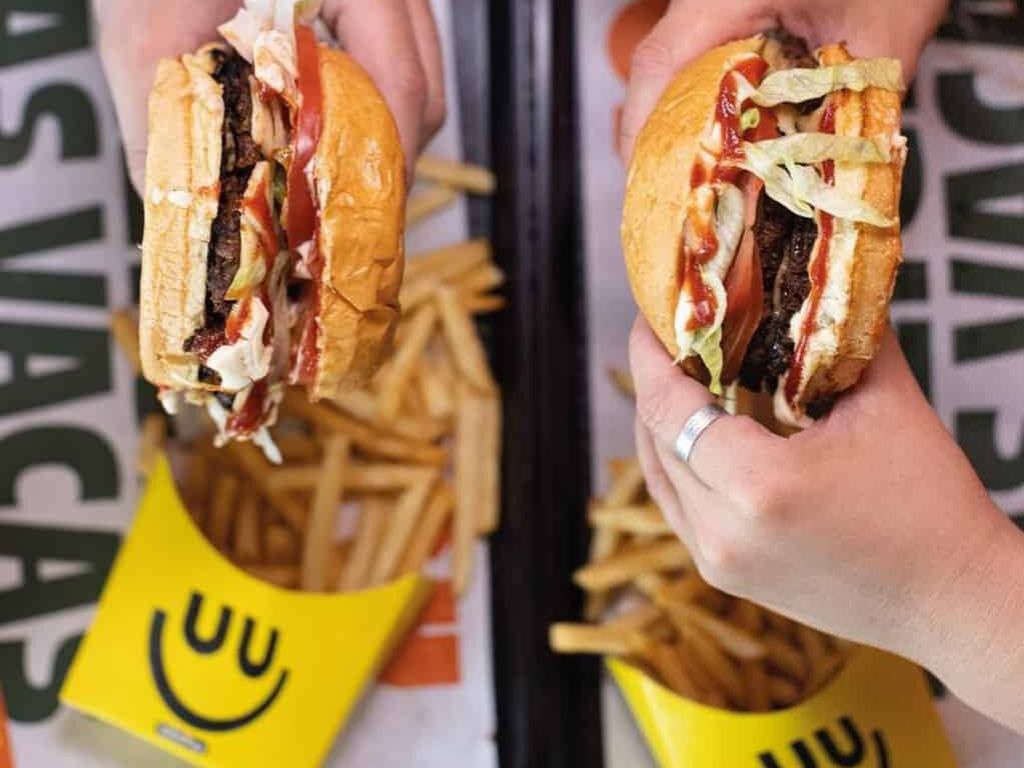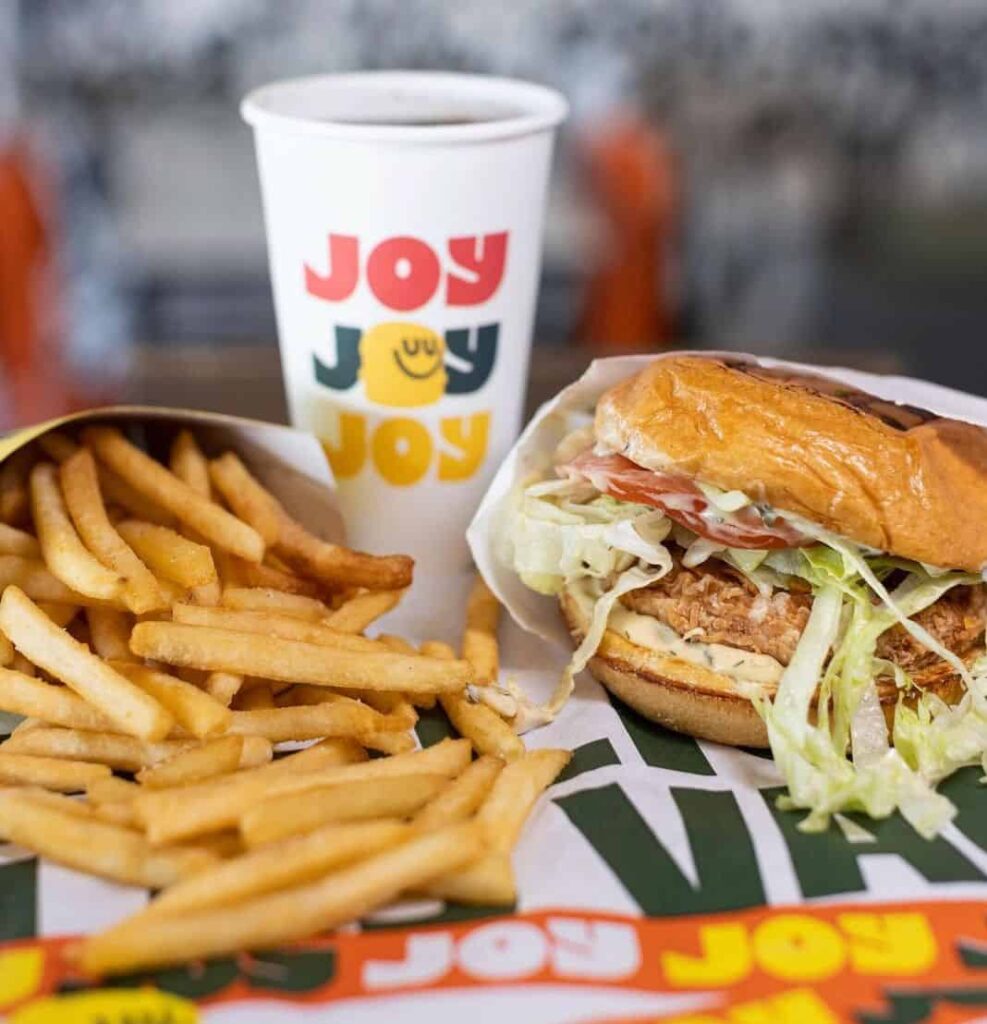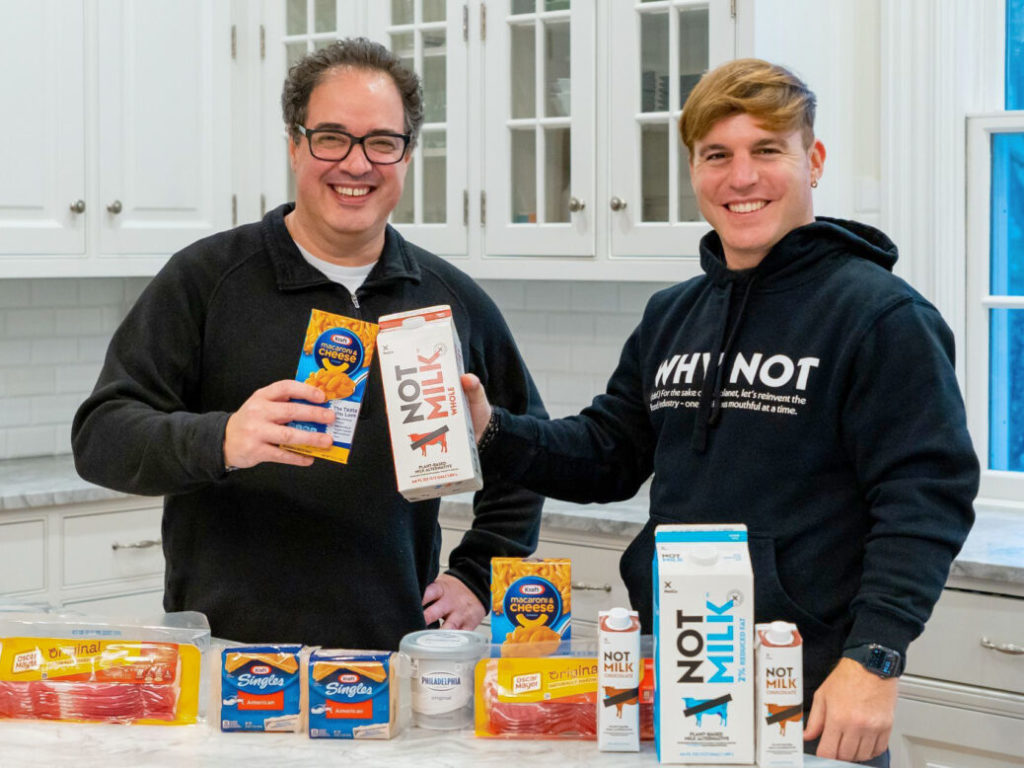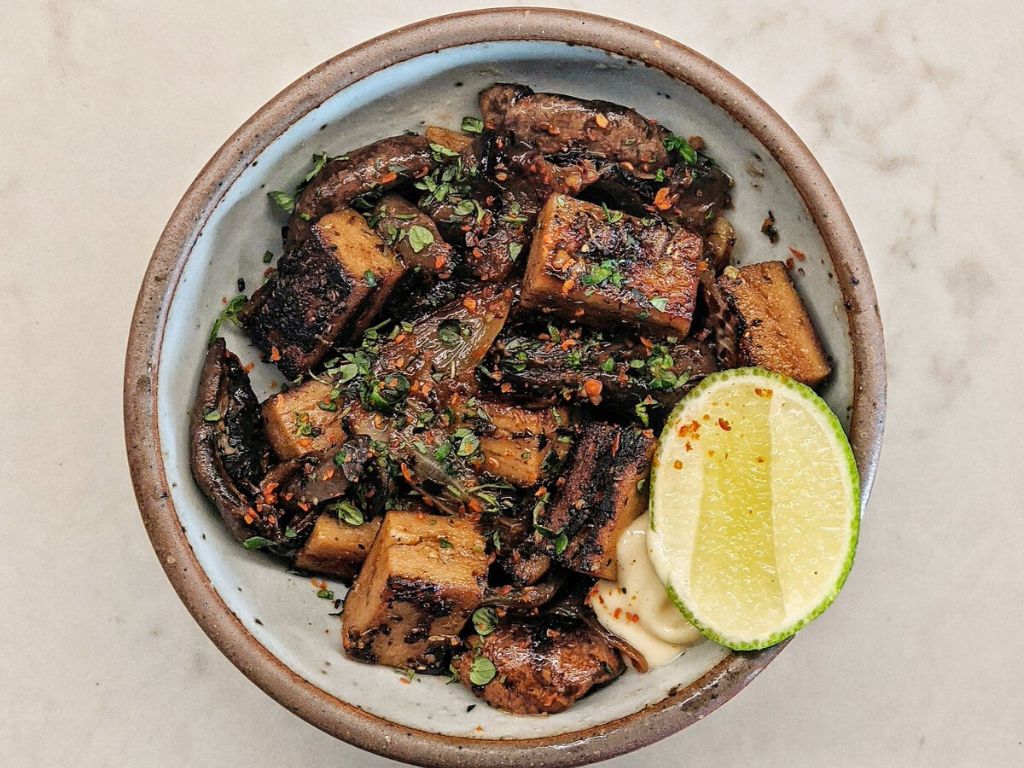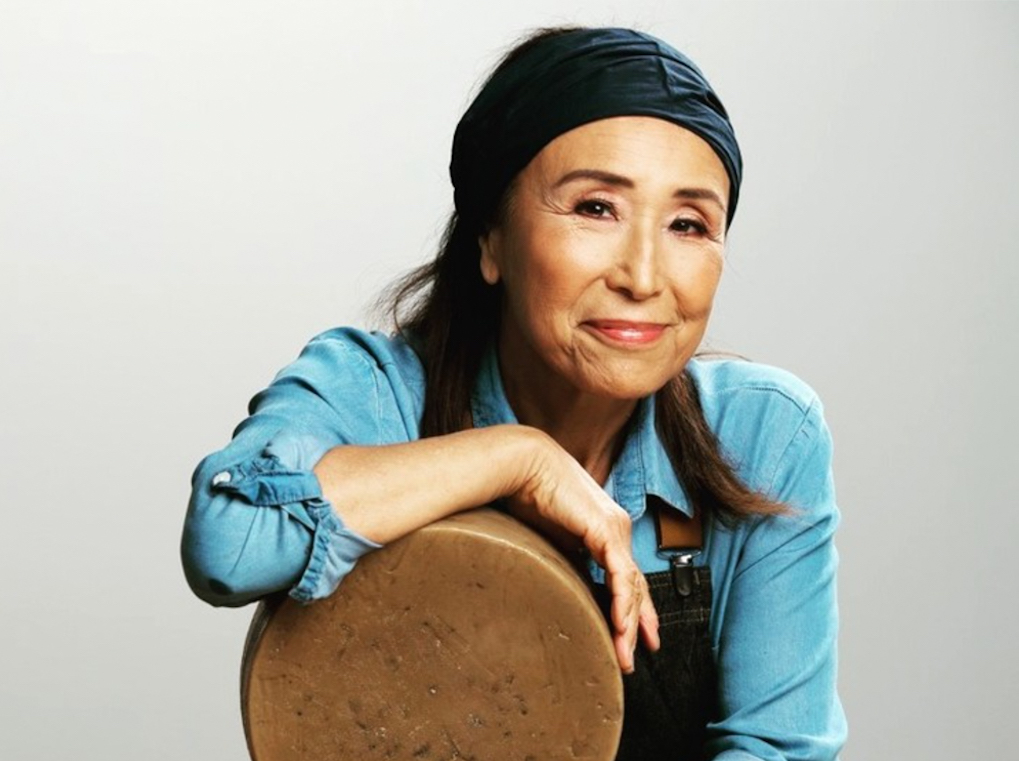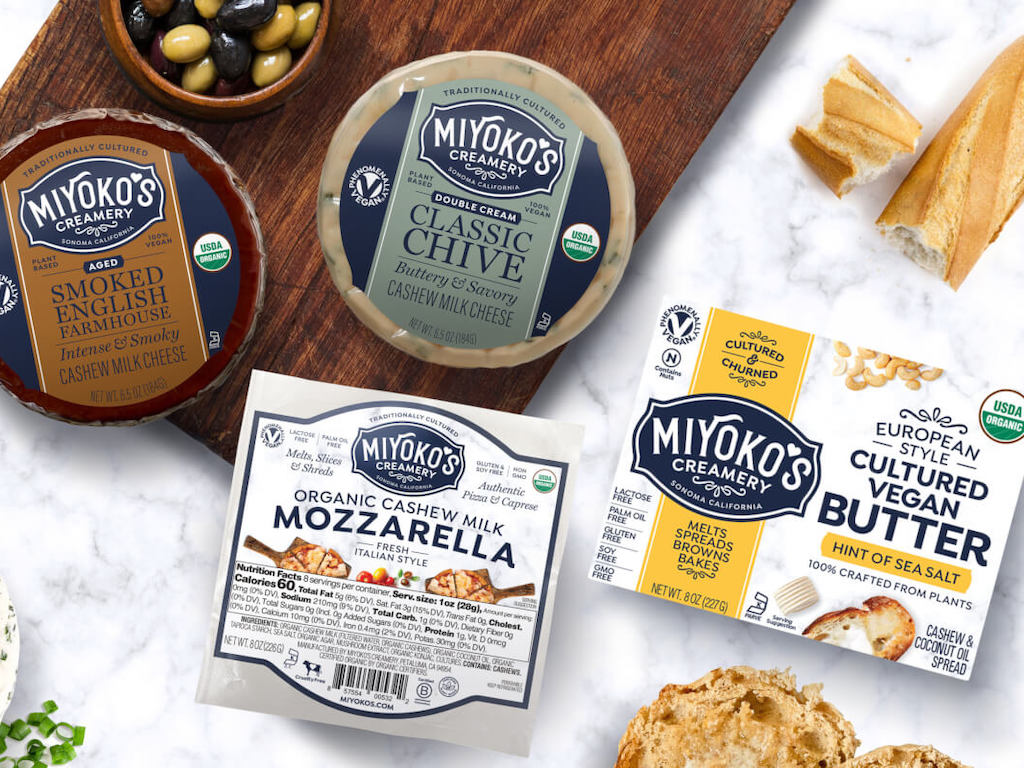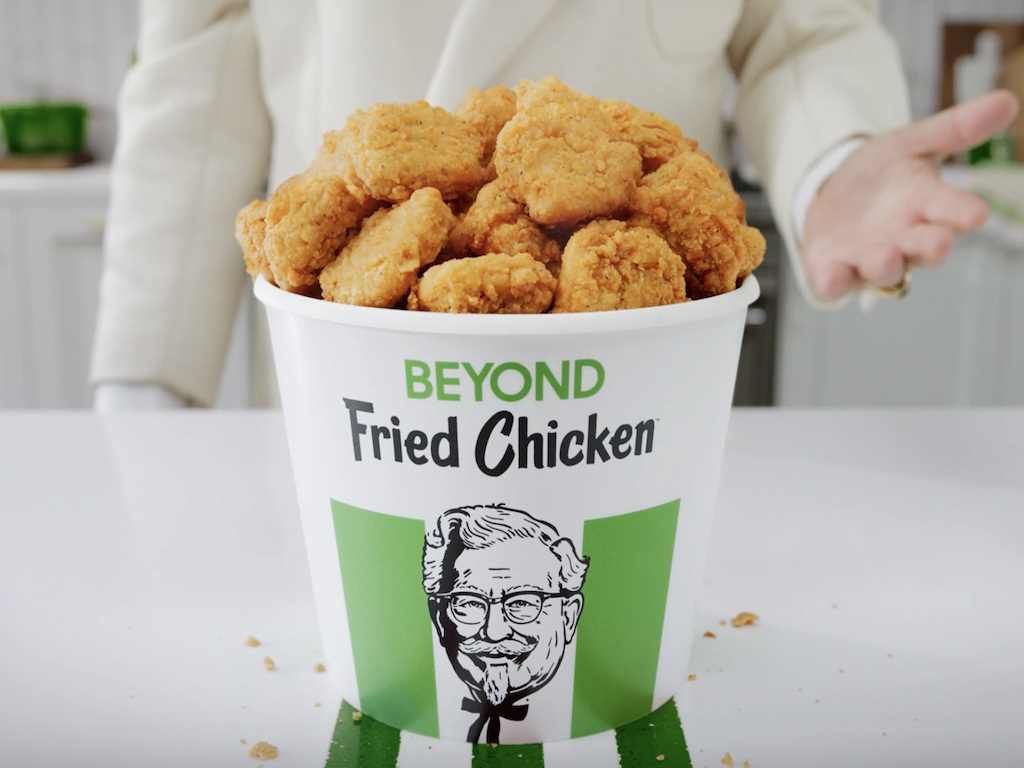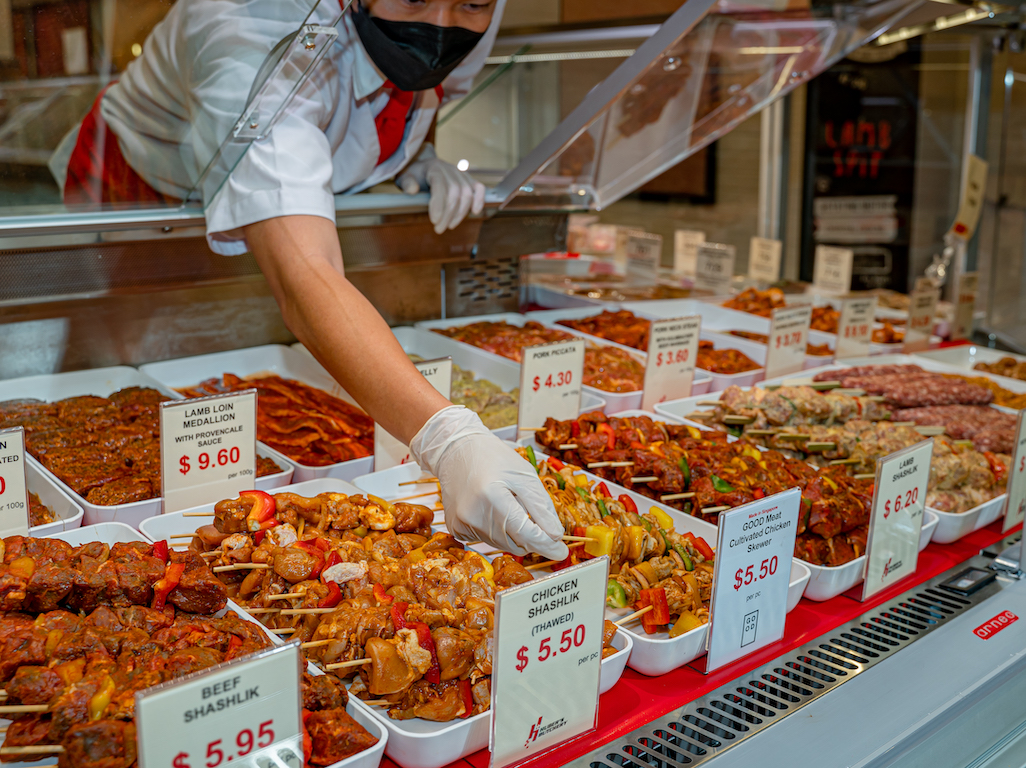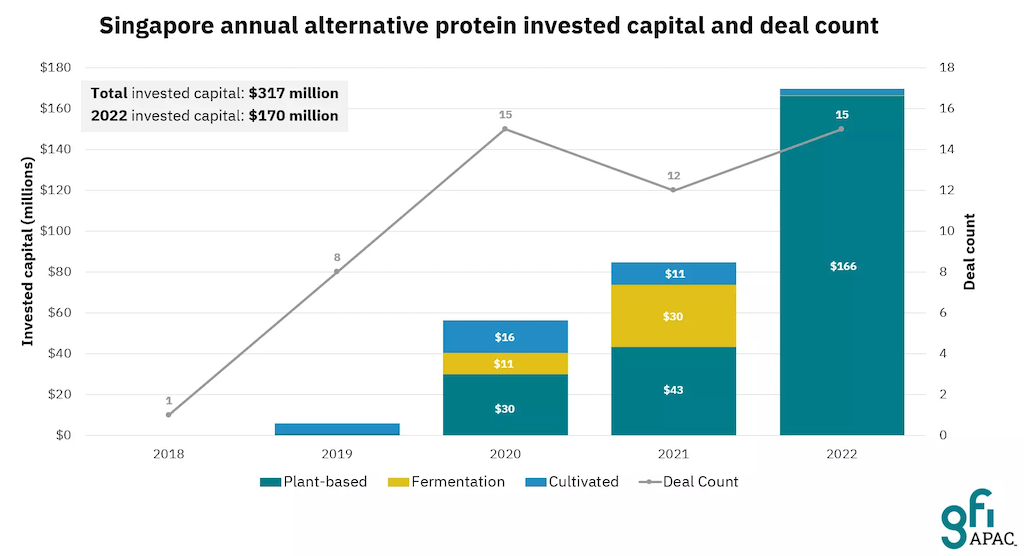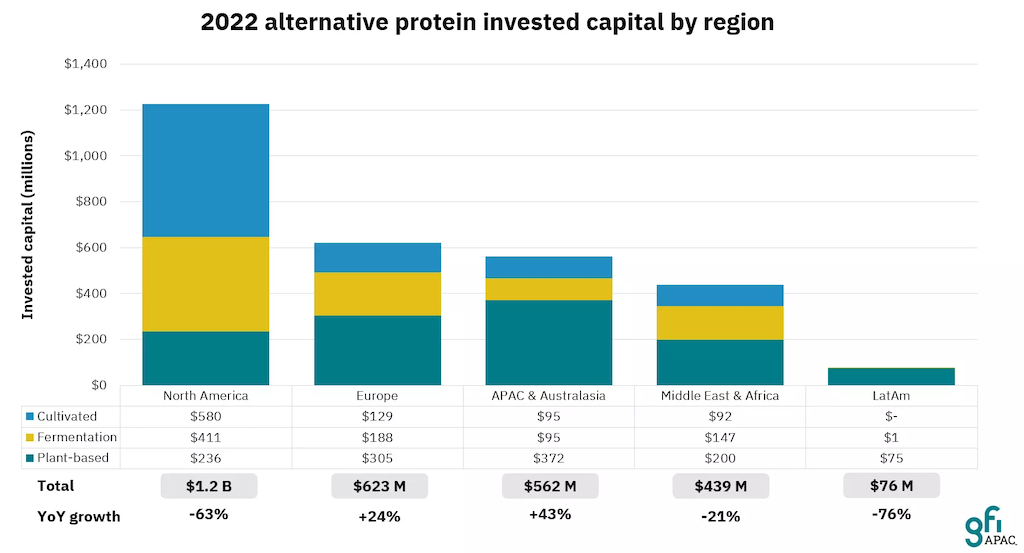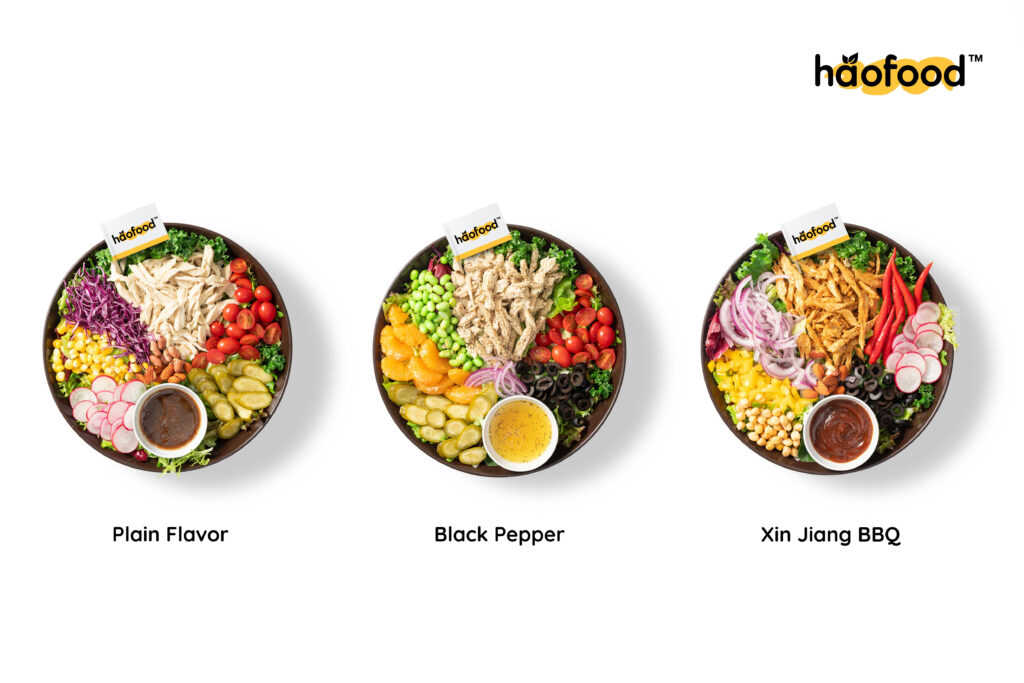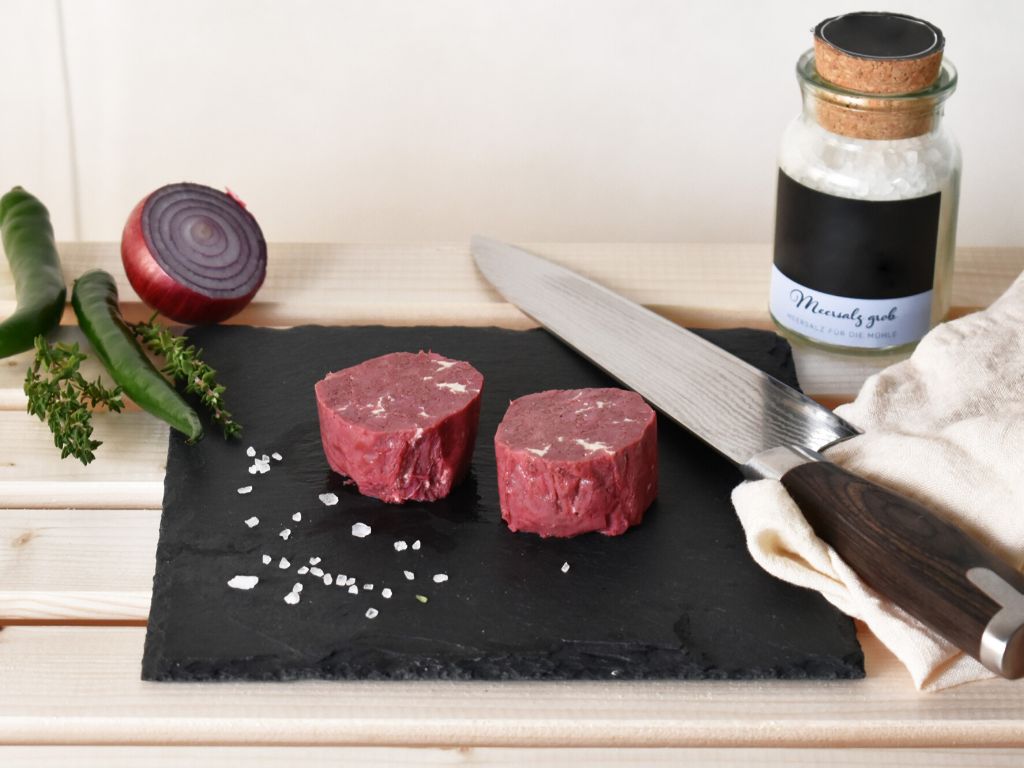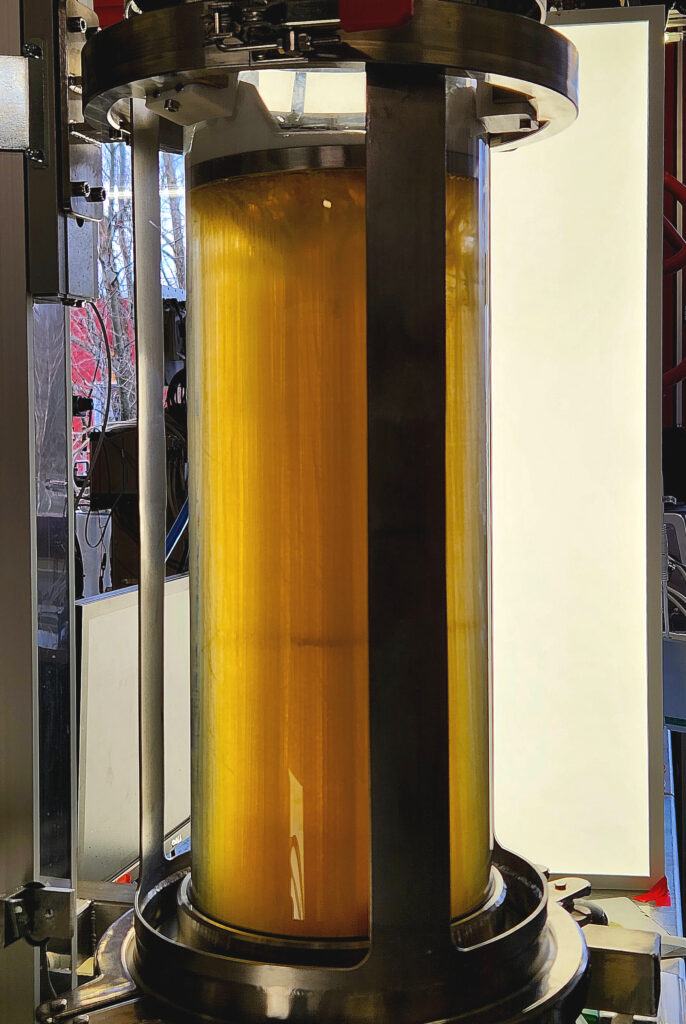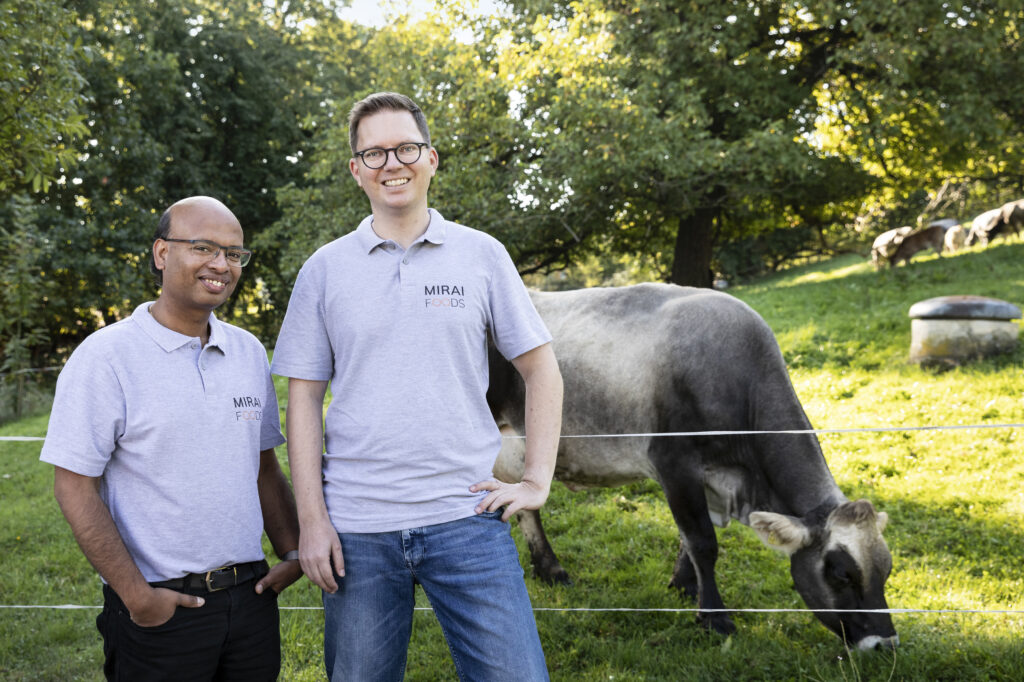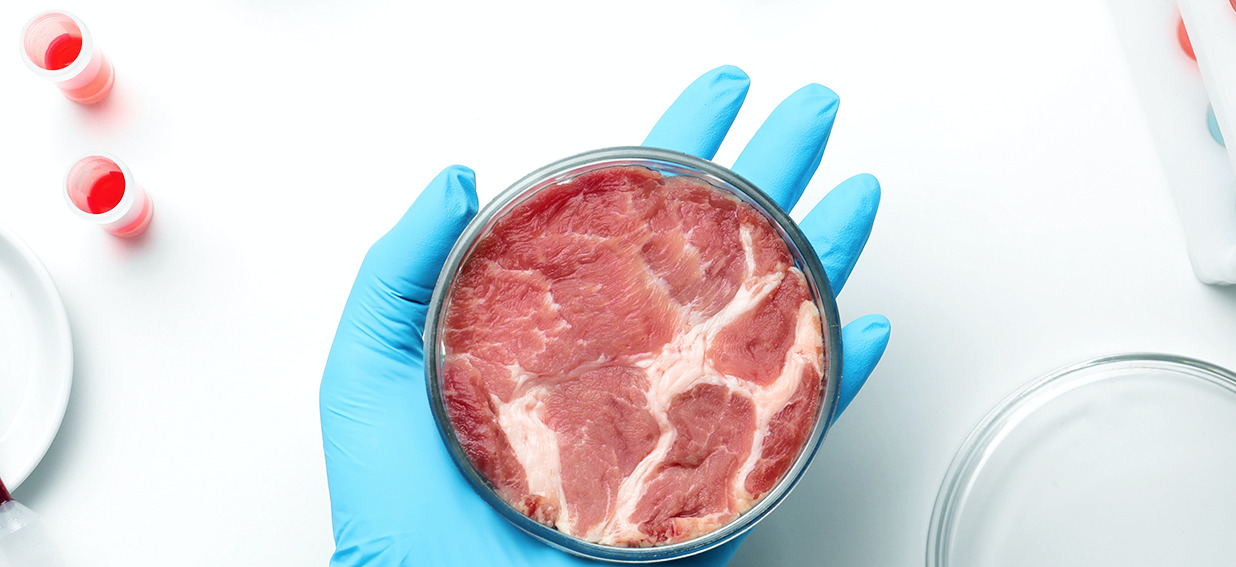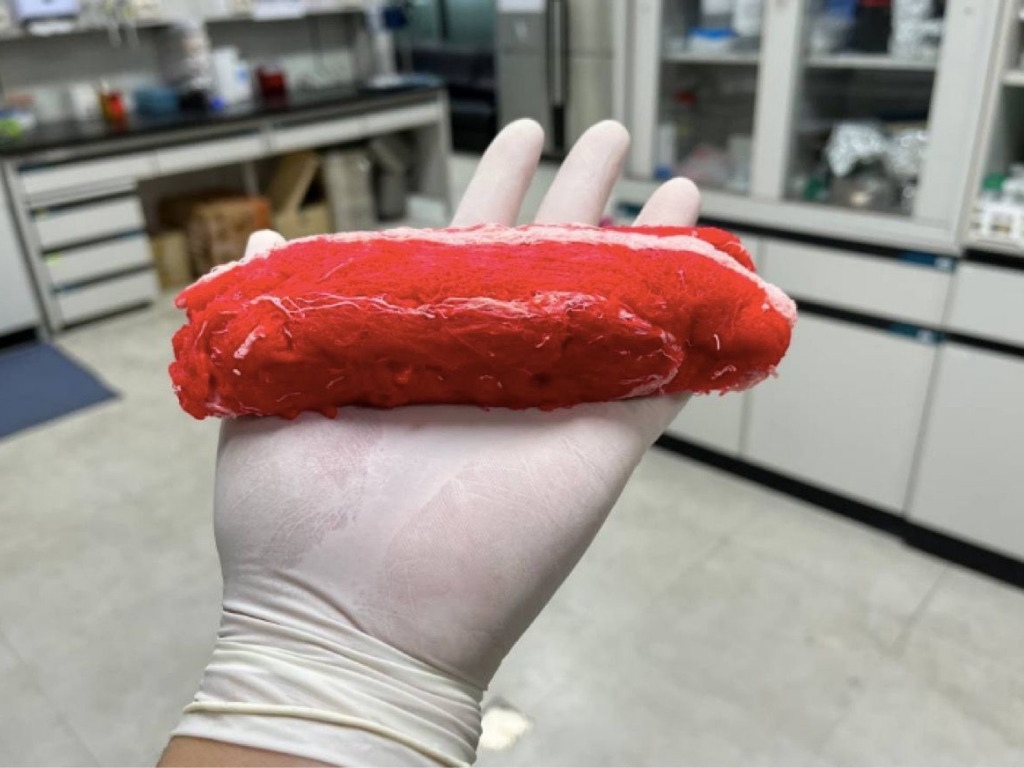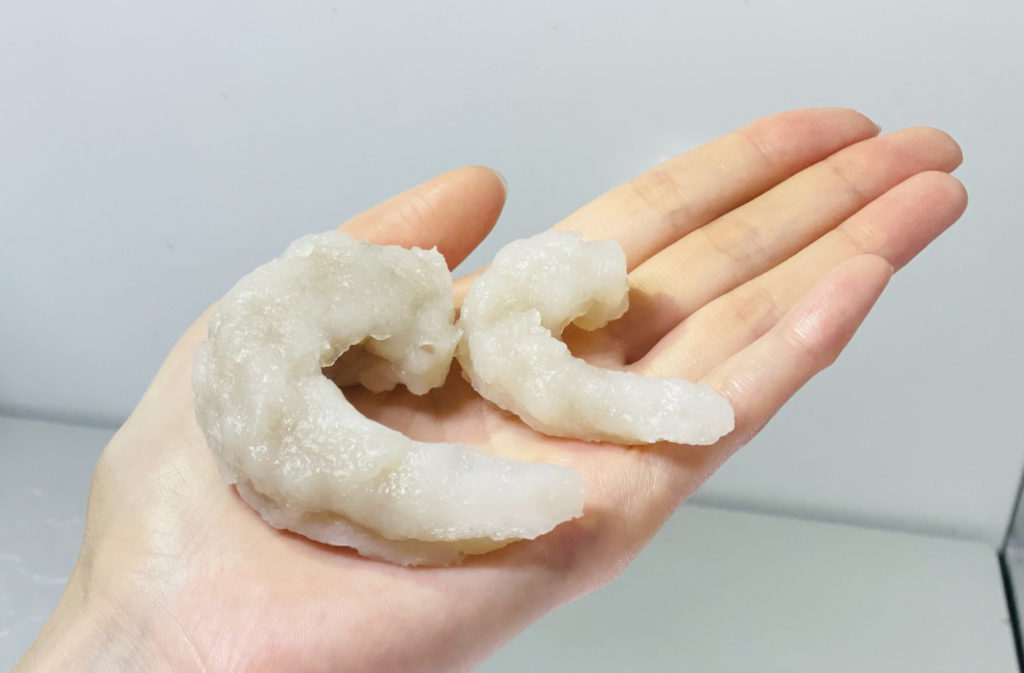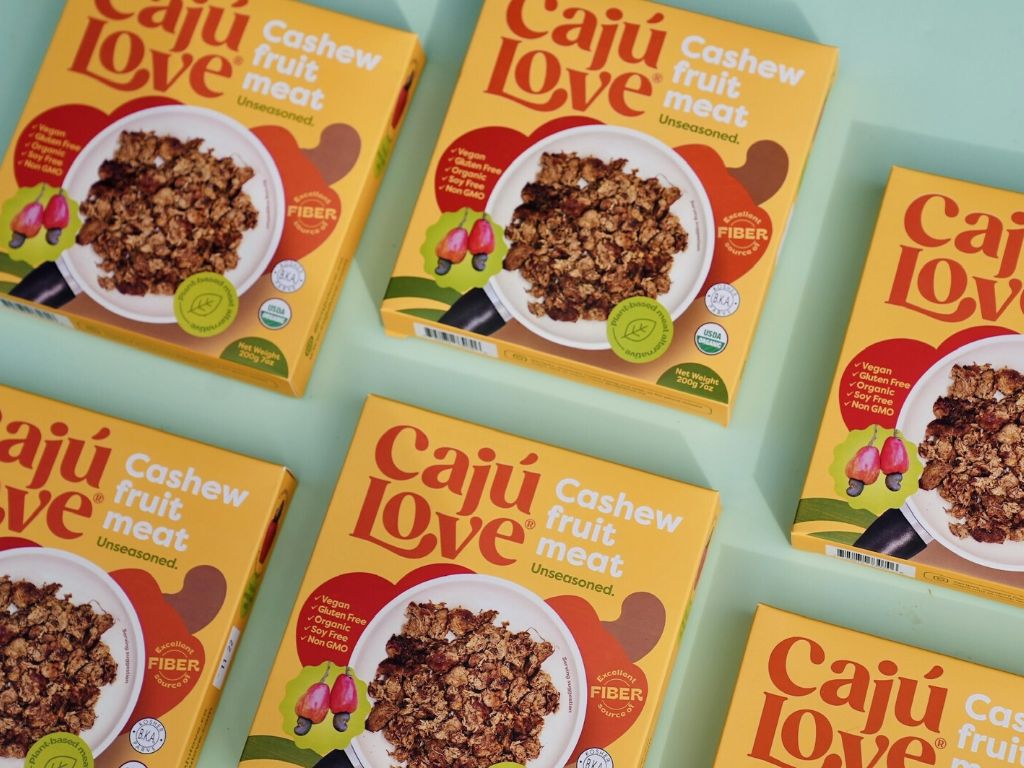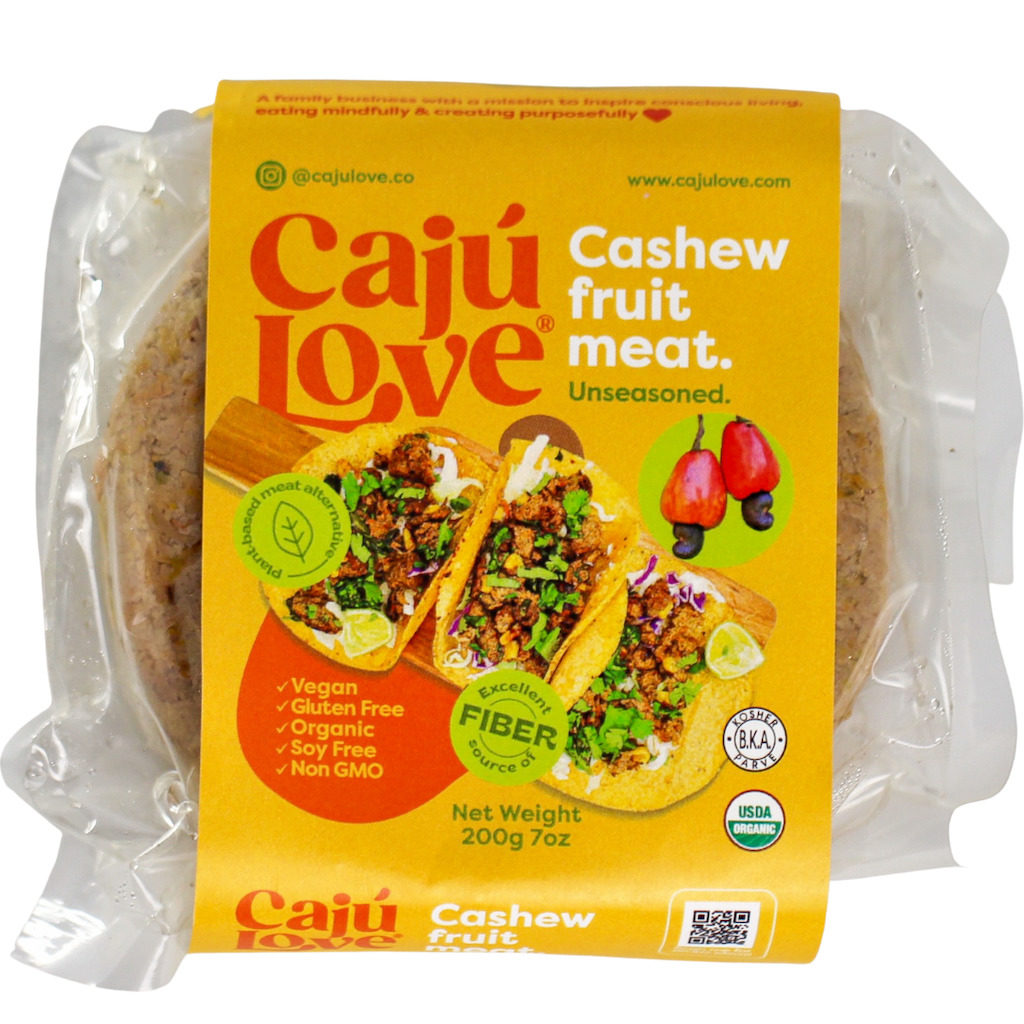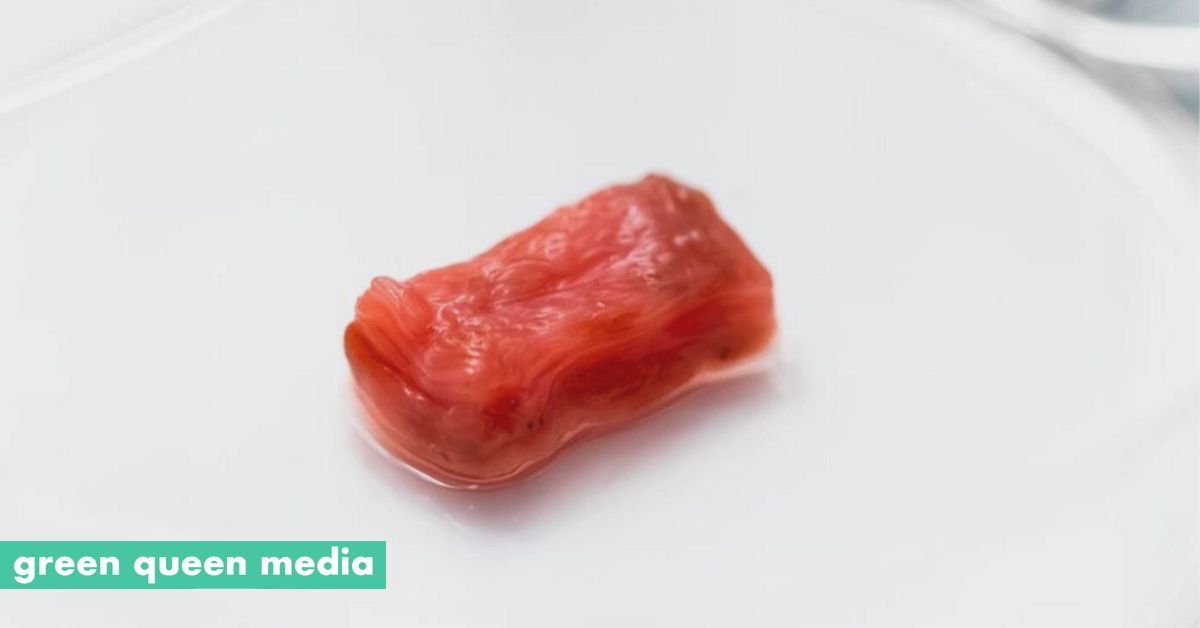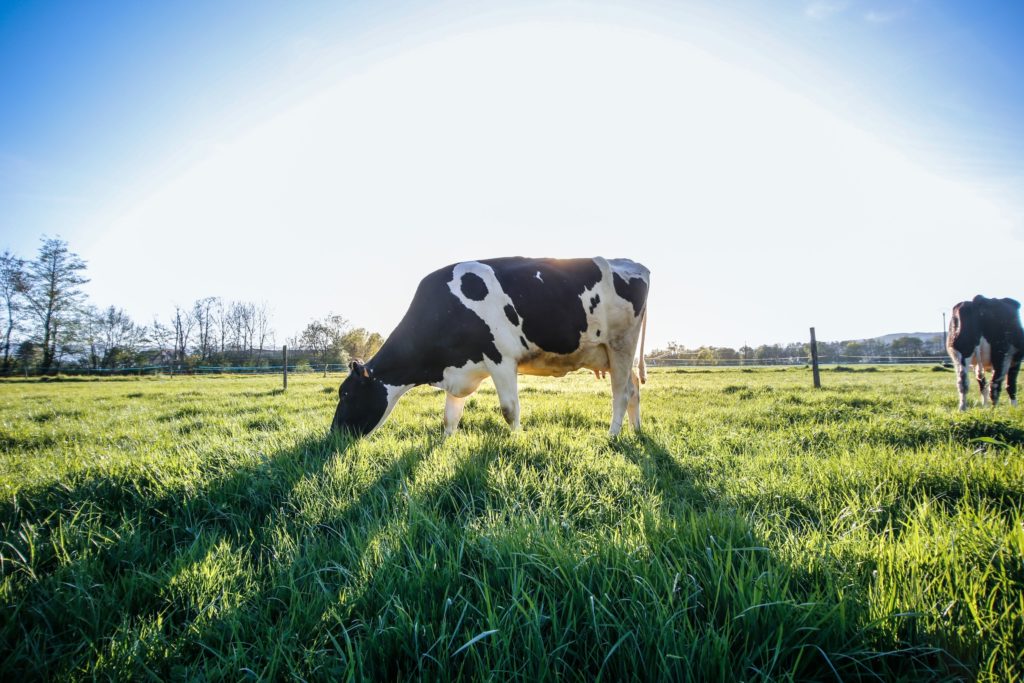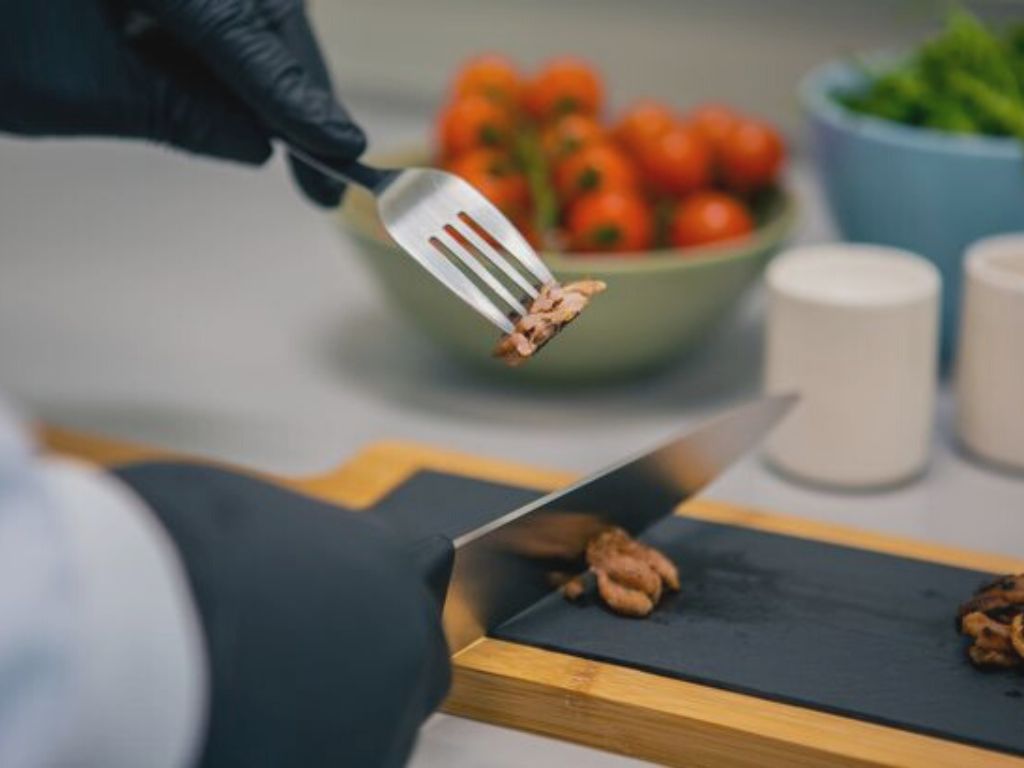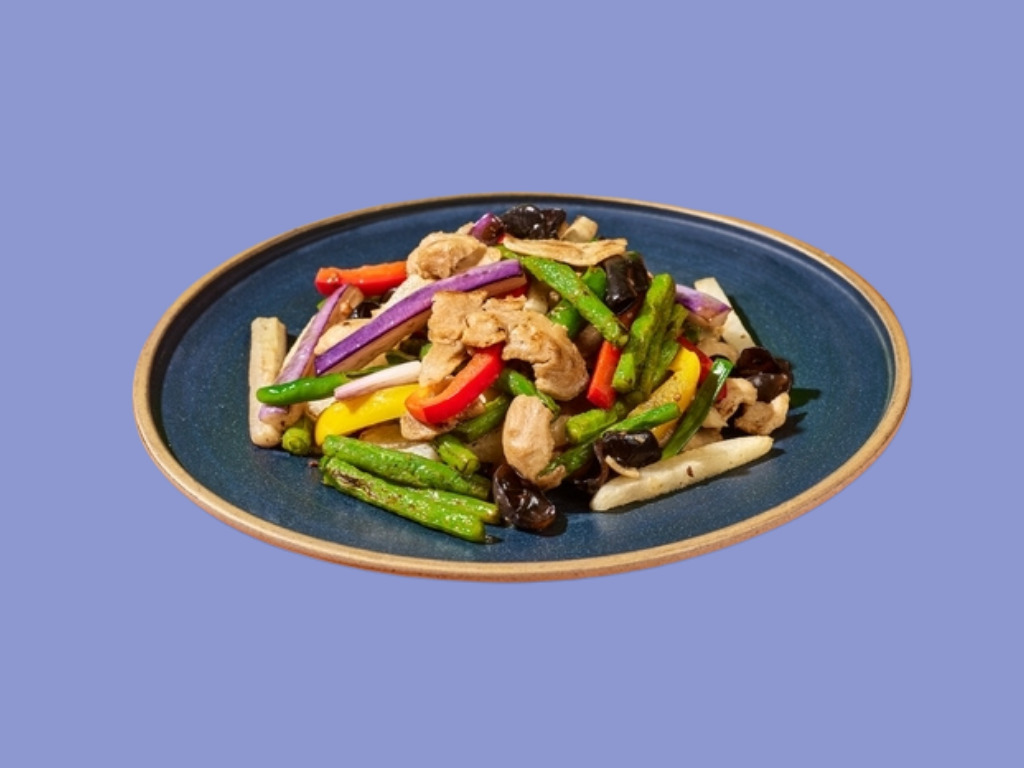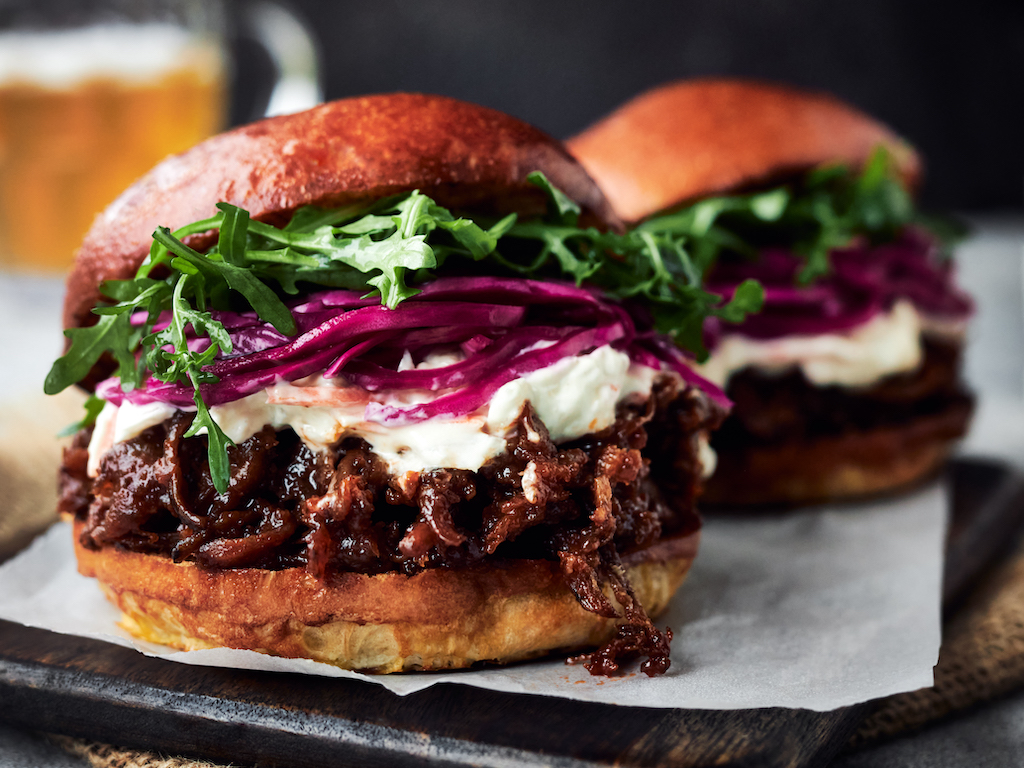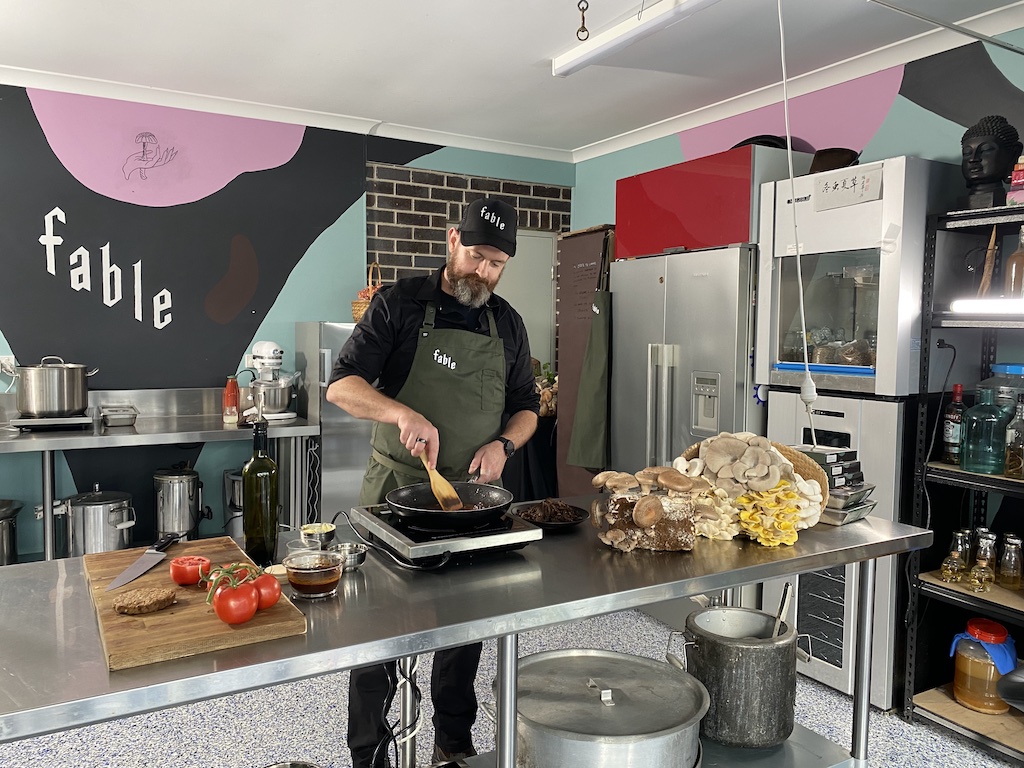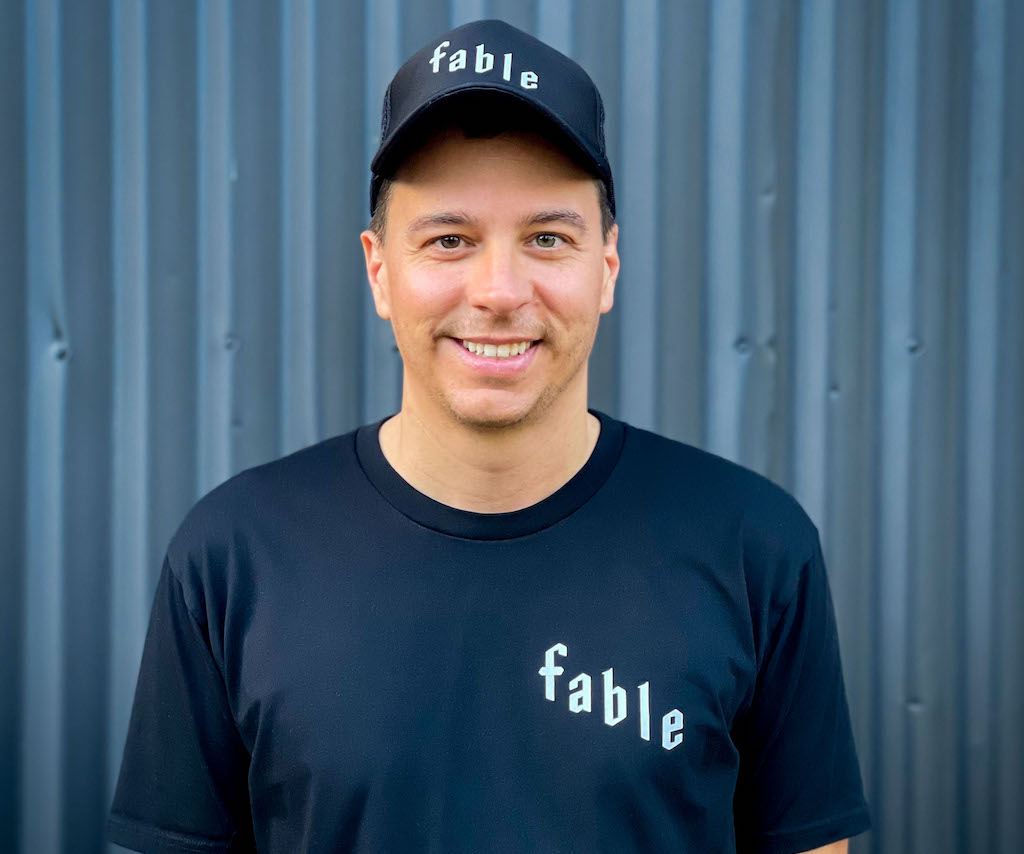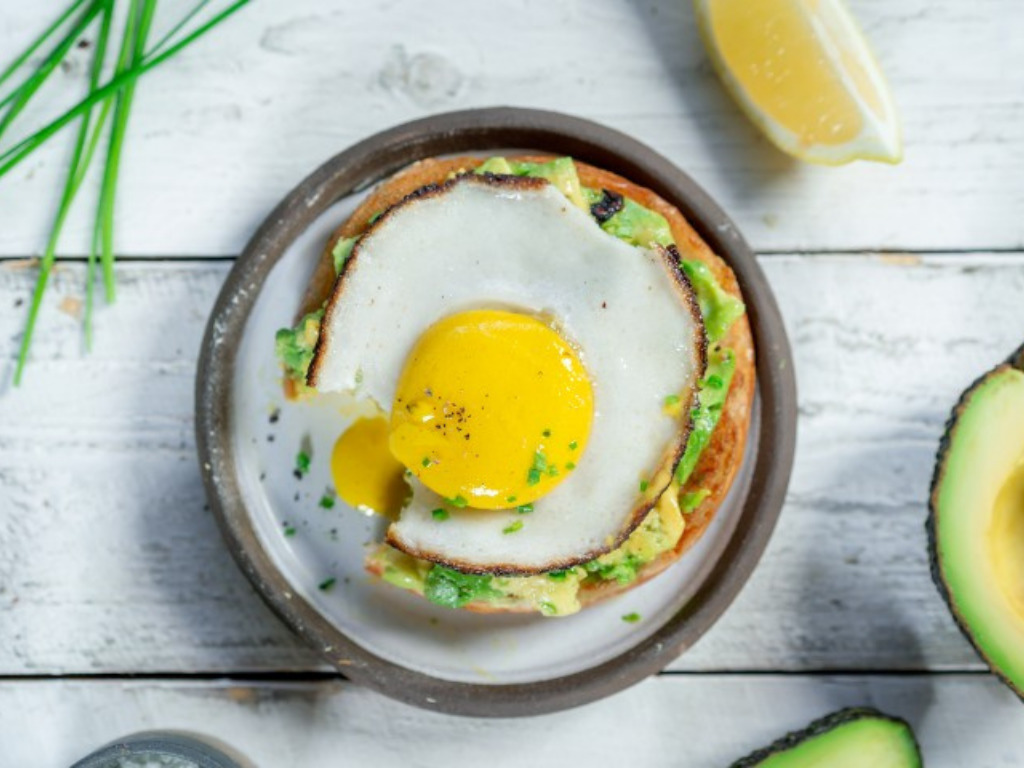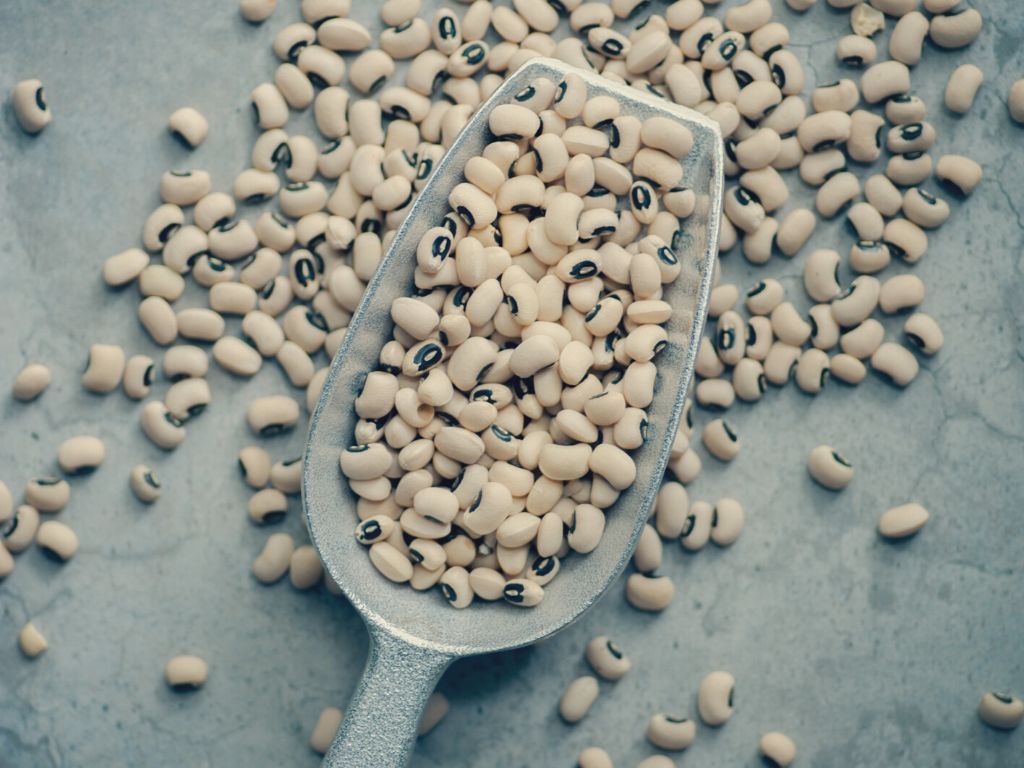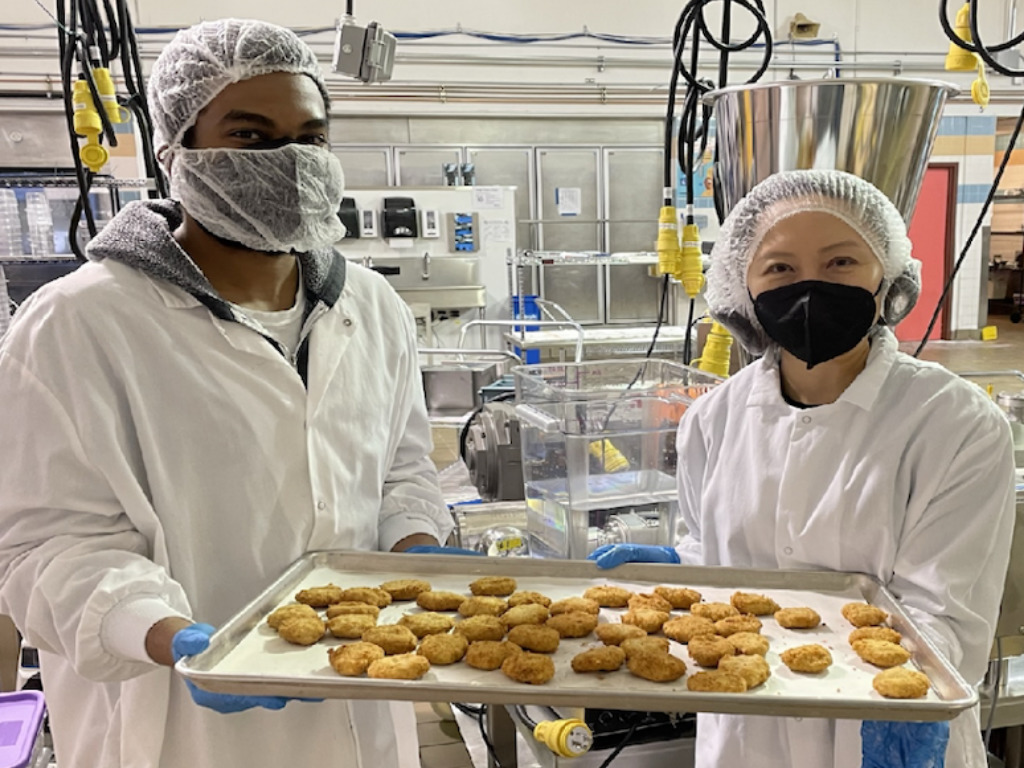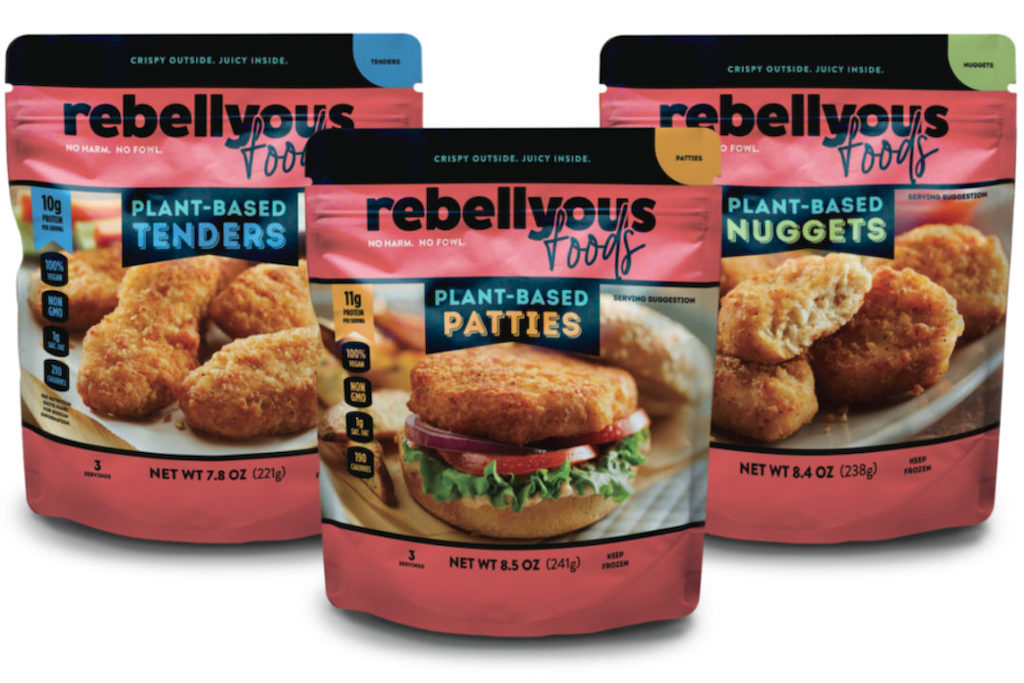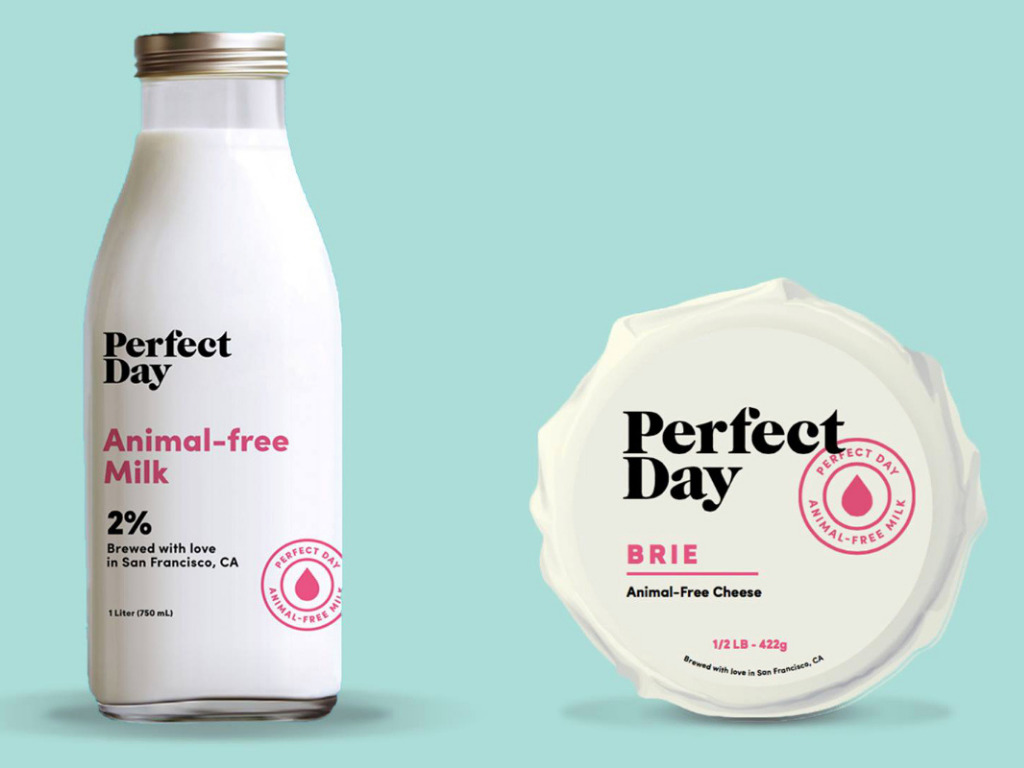
Perfect Day, the leading producer of precision fermentation whey, has had its US patent challenged by an anonymous petitioner.
The news of the patent challenge broke yesterday. While the request has not been made public on the US Patent and Trademark Office (USPTO) website, it is now visible through the online tool PatSnap, AgFunder News reported.
Patent challenge
The patent challenge relates to Perfect Day’s dairy substitutes, its methods of manufacturing its animal-free whey, and the end products they’re used in including milk, cheese, ice cream, and yogurt. Perfect Day holds a number of patents for its tech since it launched in 2014.
Perfect Day uses a genetically engineered strain of the filamentous fungus Trichoderma reesei to create beta-lactoglobulin whey protein that looks, tastes, and performs like conventional whey made from cow’s milk. Perfect Day dubbed the “animal-free” whey category and others have followed suit with similar naming conventions, but the term is not currently regulated.
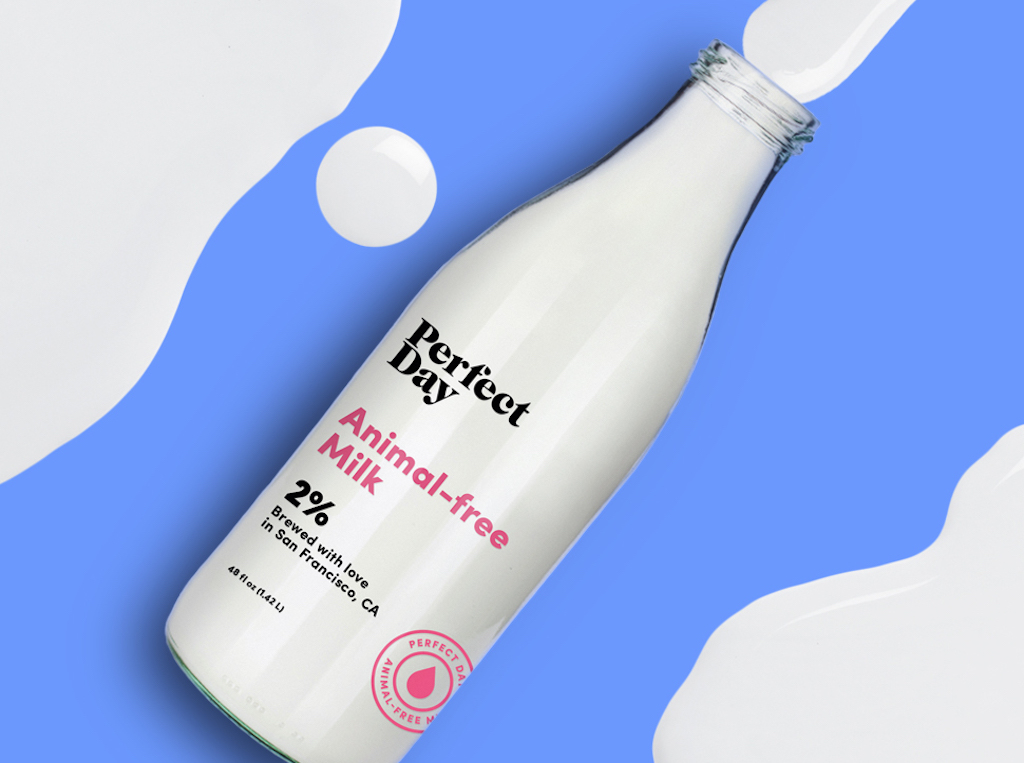
While this petition challenger remains anonymous, the New Zealand dairy giant Fonterra has challenged Perfect Day’s IP in other jurisdictions, including a recent victory against Perfect Day in Australia.
Now, the challenger claims the USPTO should never have issued Perfect Day the patent in the first place. They’ve requested an ex-parte “re-examination” of the patent based on several objections.
“The two pillars of the applicant’s [Perfect Day’s] argument, one being the existence of a structural difference between natural beta-lactoglobulin [from a cow] and recombinant beta-lactoglobulin [made by Perfect Day’s microbes], and the second being that this difference causes unpredictability of beta-lactoglobulin functionality, are proven as false,” reads the challenge.
“While we are unable to comment on this particular issue, we can share unequivocally that we remain confident in our IP and will continue to vigorously defend it to ensure that we can continue to build a kinder, greener tomorrow,” Nicki Briggs, Perfect Day’s VP of corporate communications told AgFunder News.
Dairy-free whey
Perfect Day was the first to commercialize dairy-free whey — but in recent years the category has seen a groundswell of startups using microbial fermentation to recreate dairy.

One competitor, Israel’s Remilk, recently snagged a General Mills partnership for the food giant’s precisions fermentation Bold Cultr cheese that initially belonged to Perfect Day.
Other manufacturers in the precision fermentation dairy space include Imagindairy, also out of Israel, U.S.-based Change Foods and New Culture, Germany’s Formo, Those Vegan Cowboys in Belgium, and All G Foods in Australia, among others.
The post Anonymous Petitioner Challenges Perfect Day’s Patents for Dairy-Free Whey appeared first on Green Queen.
This post was originally published on Green Queen.
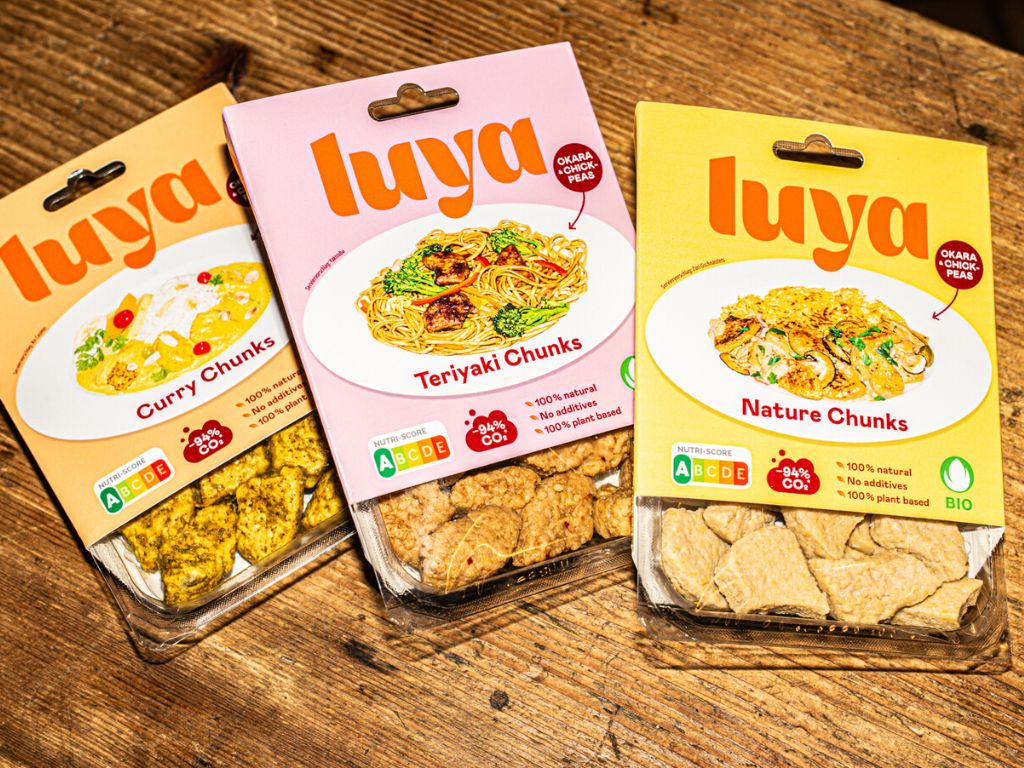

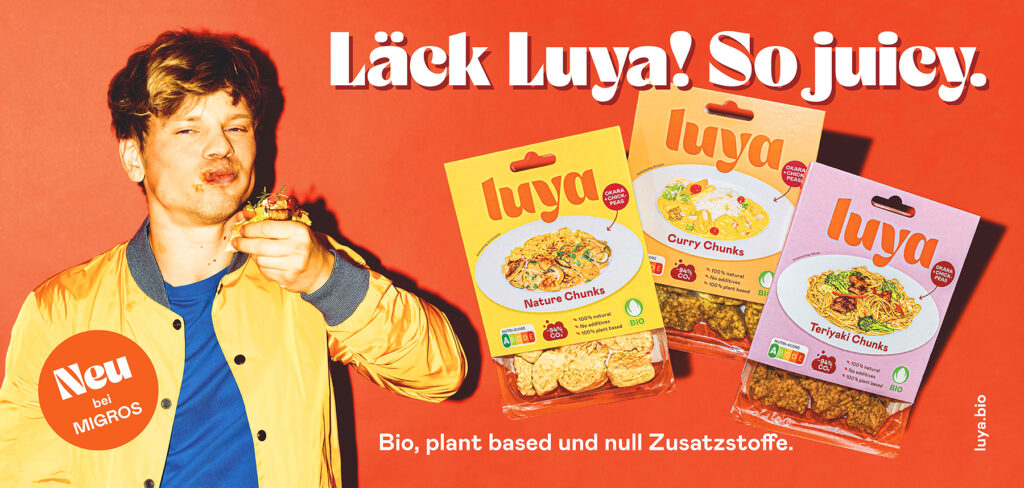
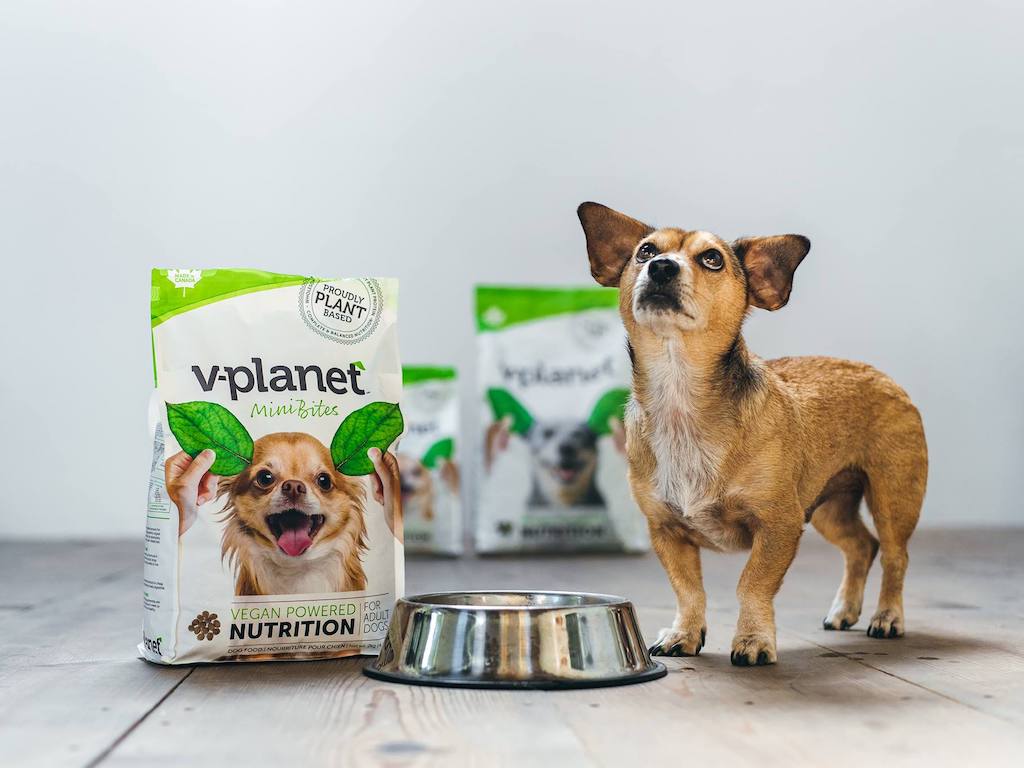
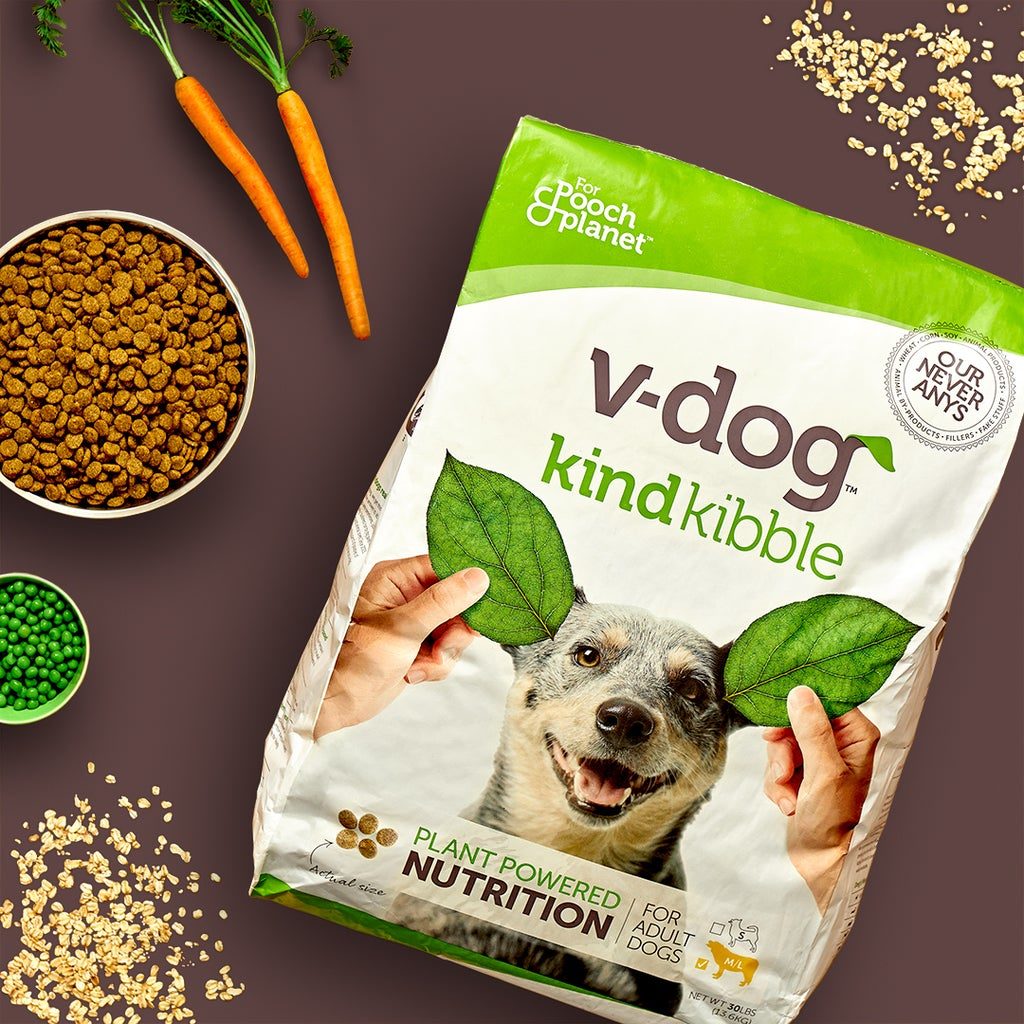







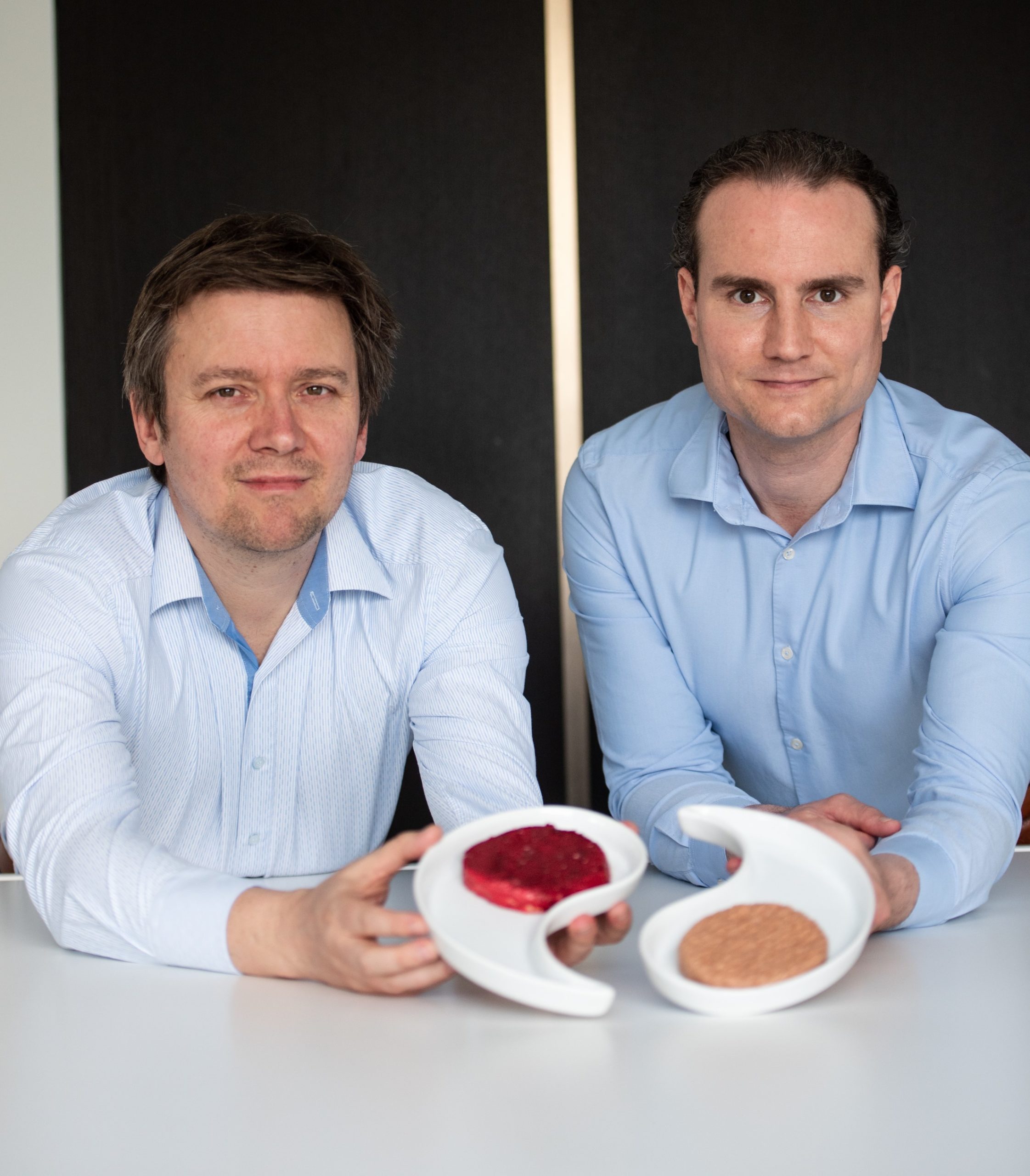
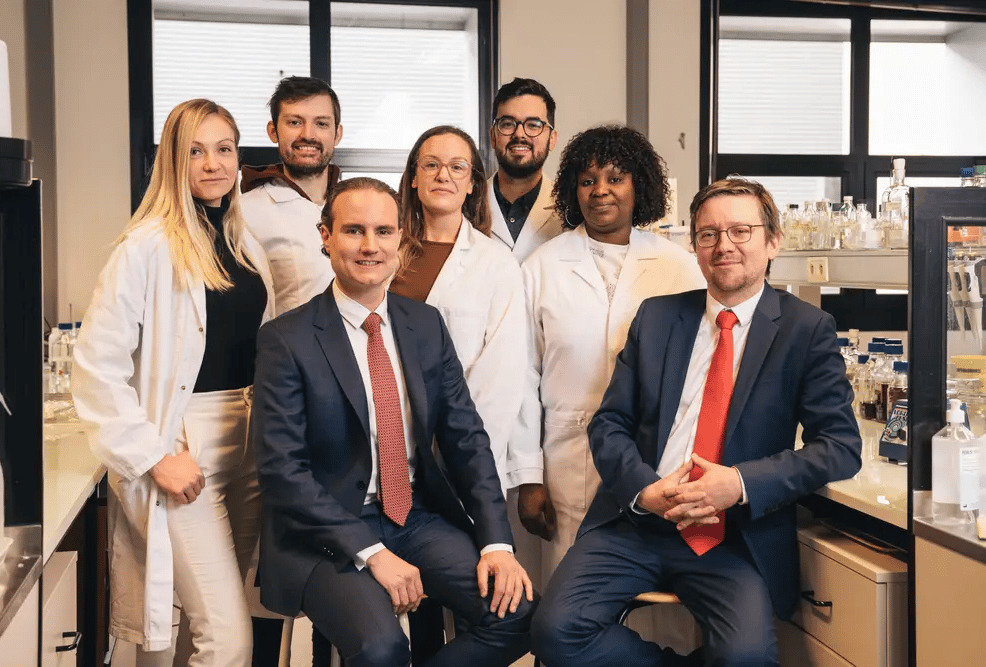
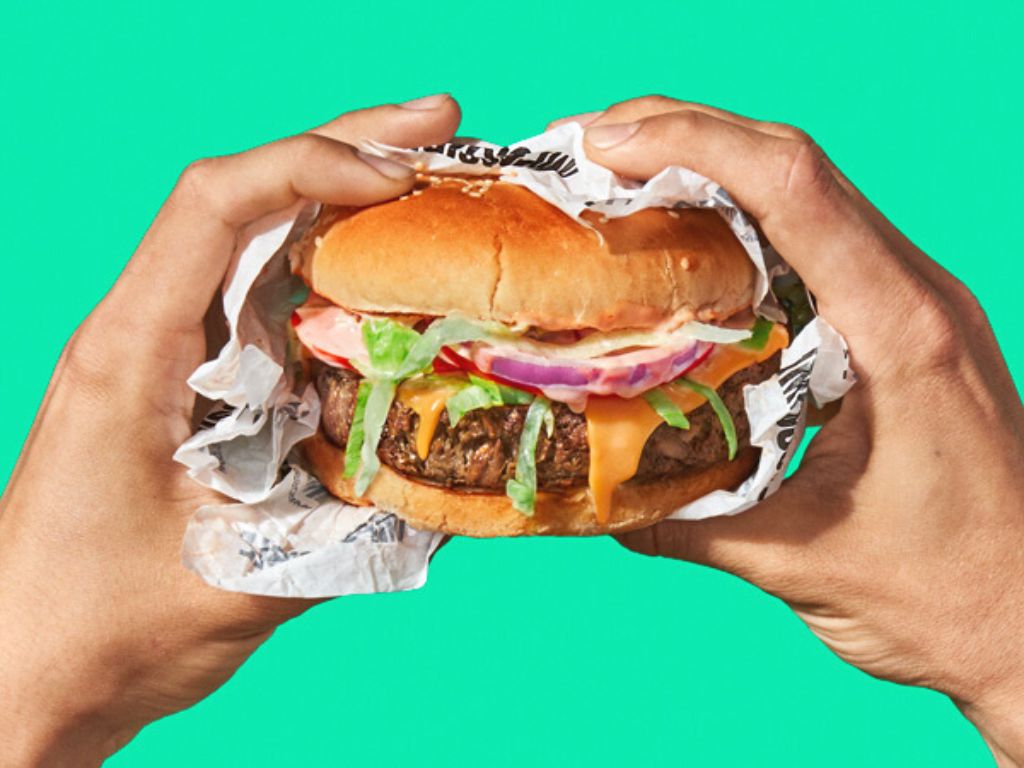
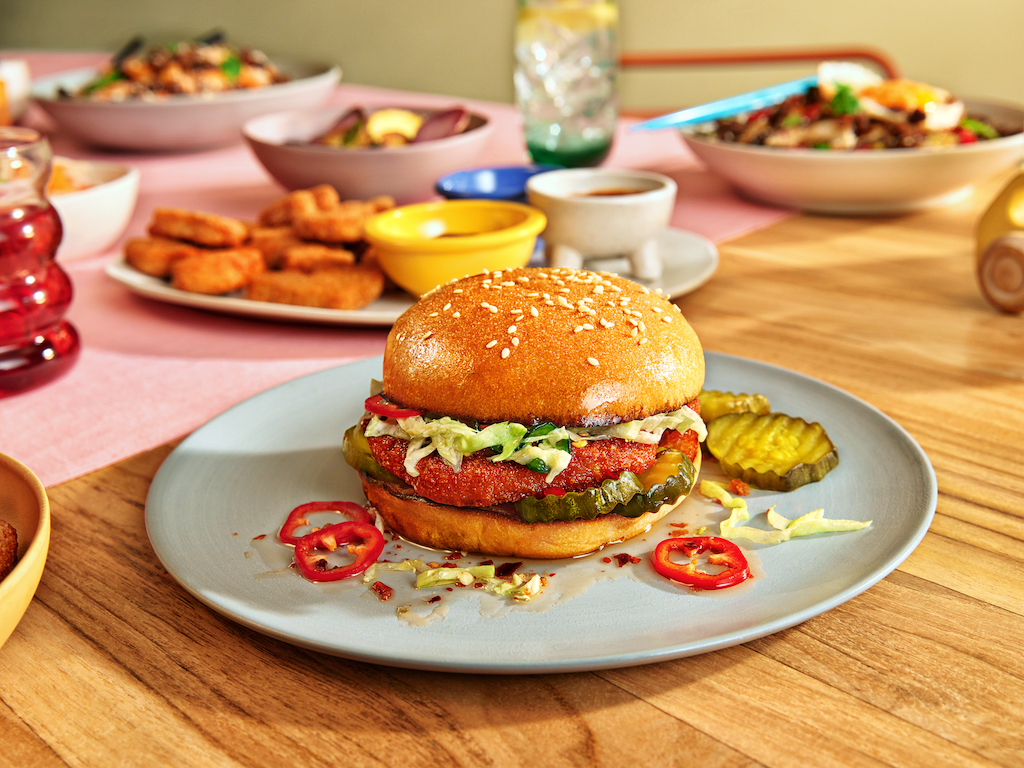
 Spicy Chicken Nuggets, Impossible
Spicy Chicken Nuggets, Impossible